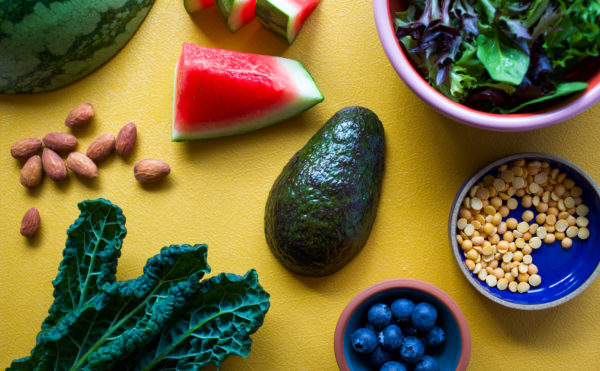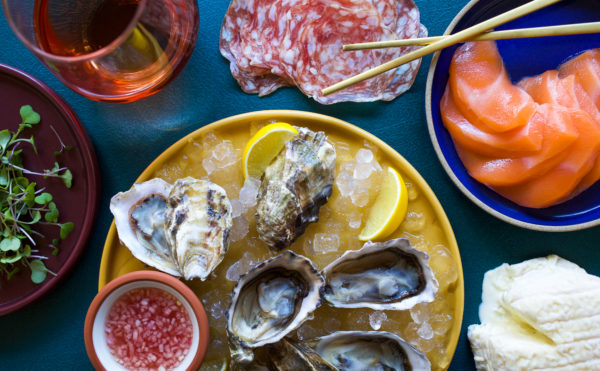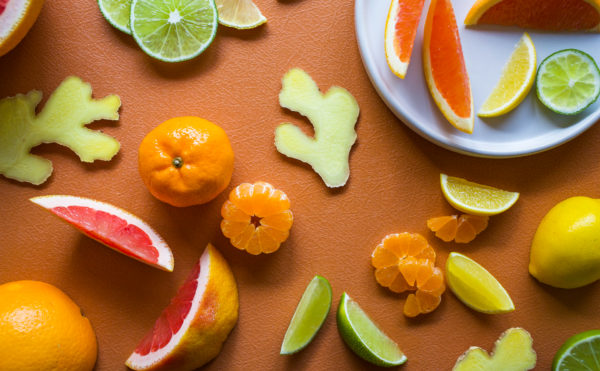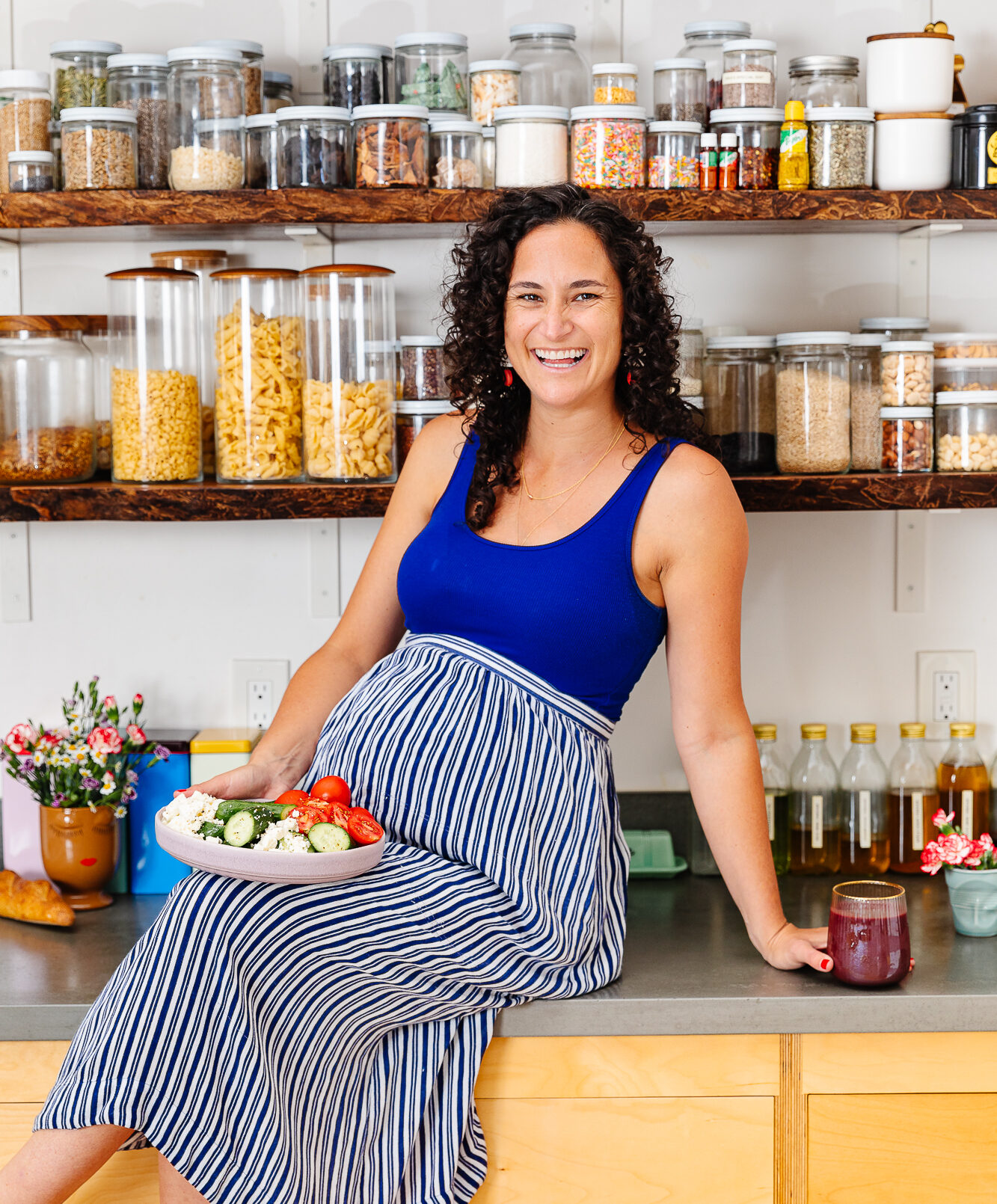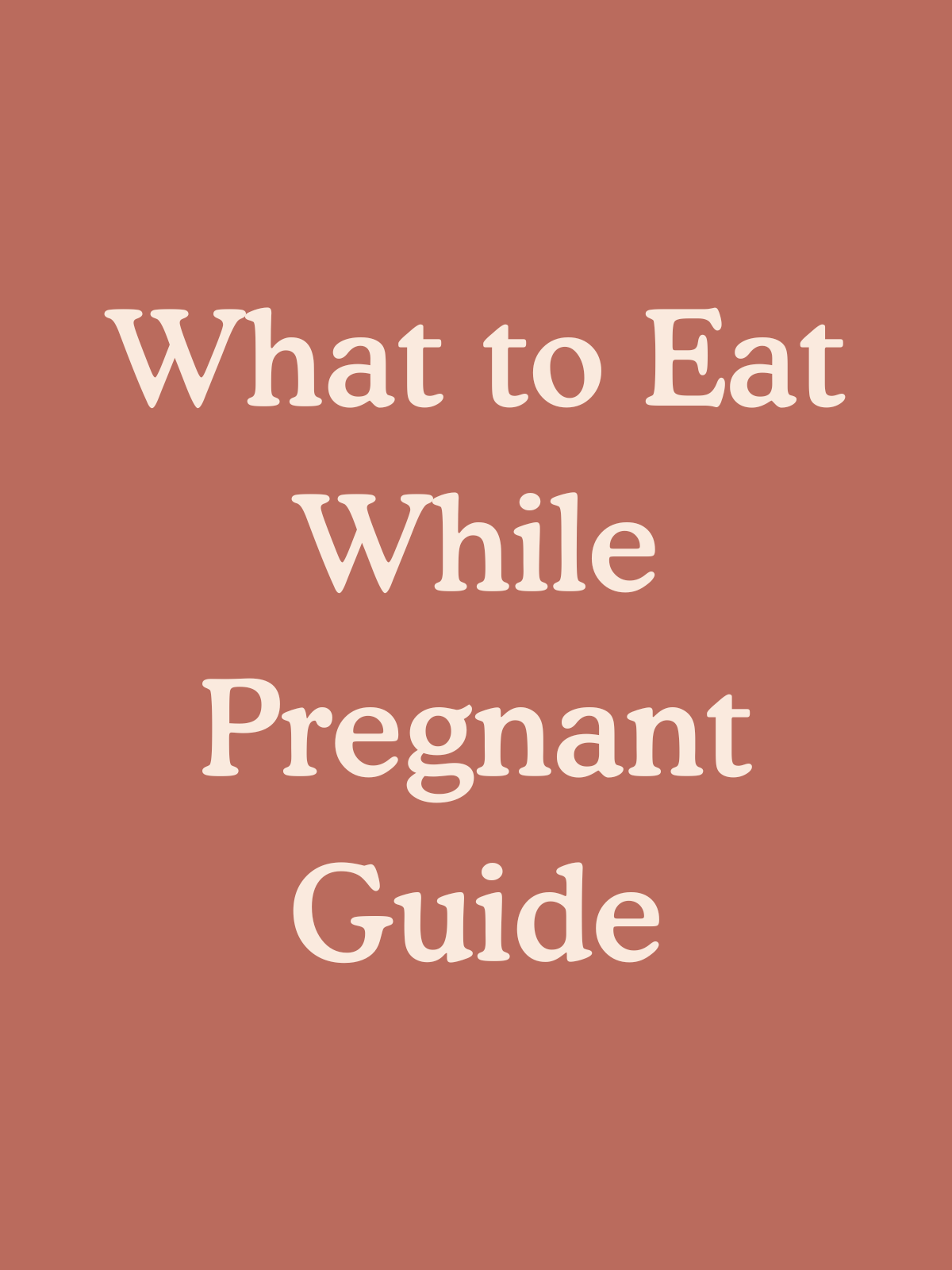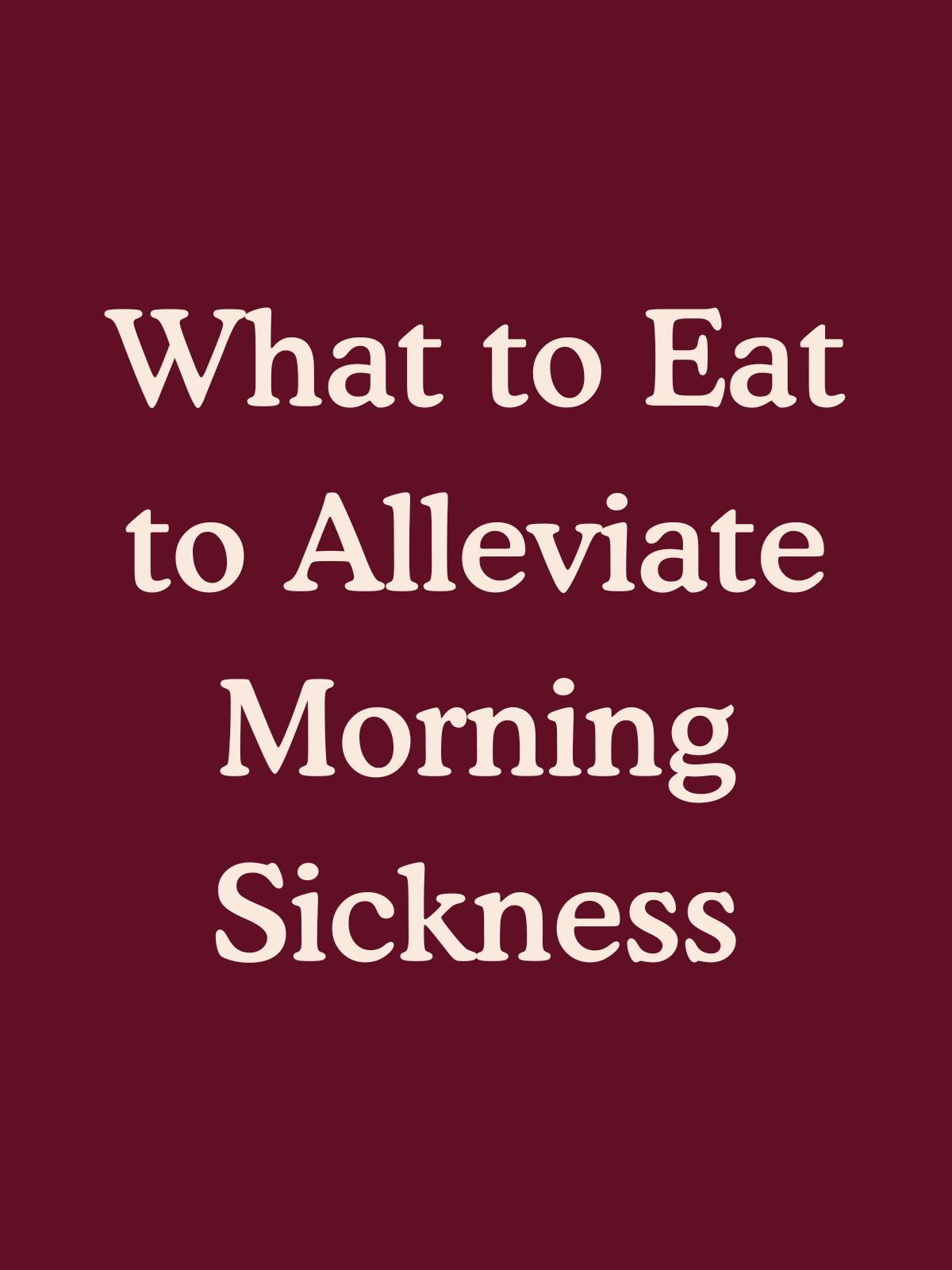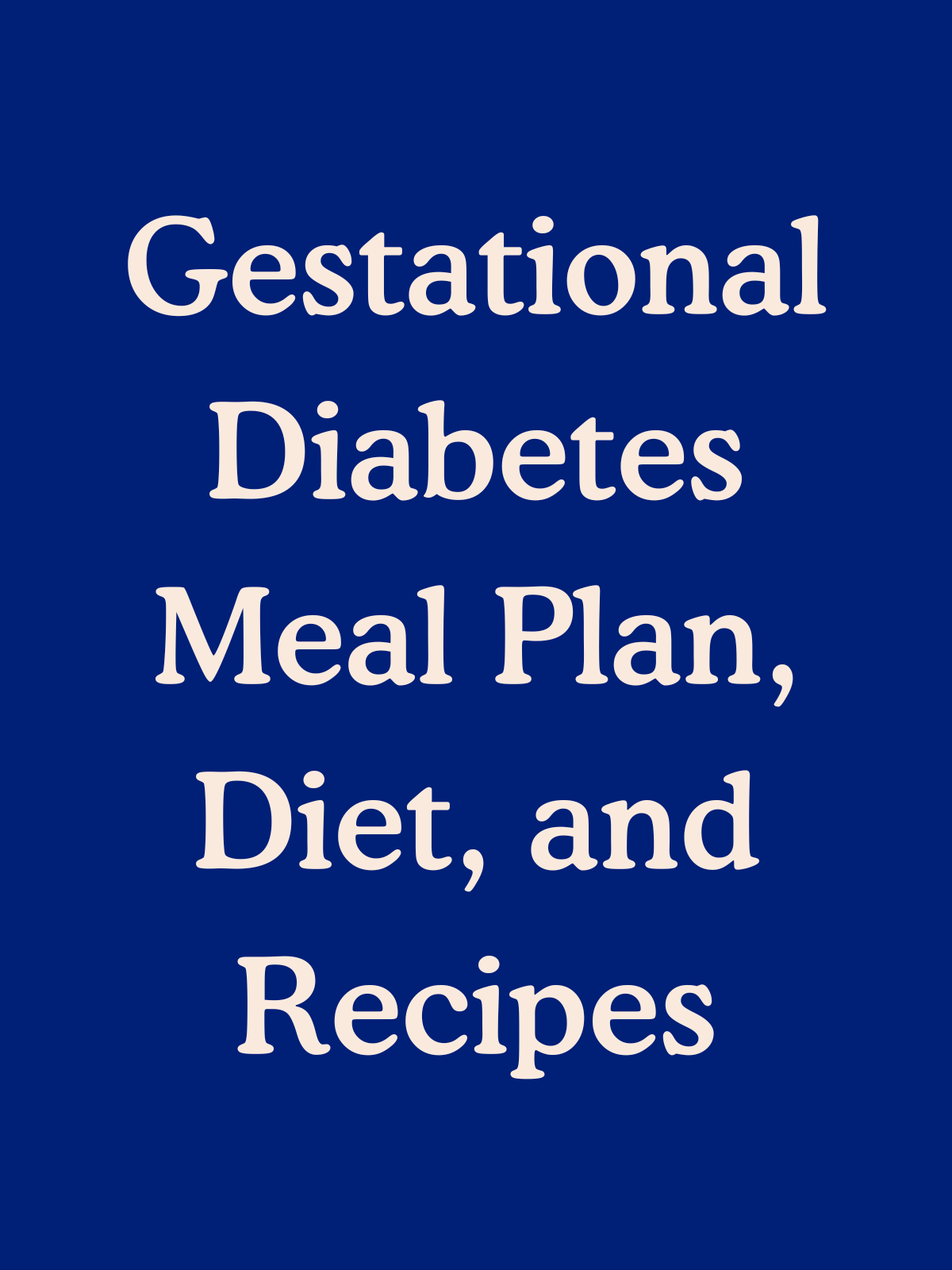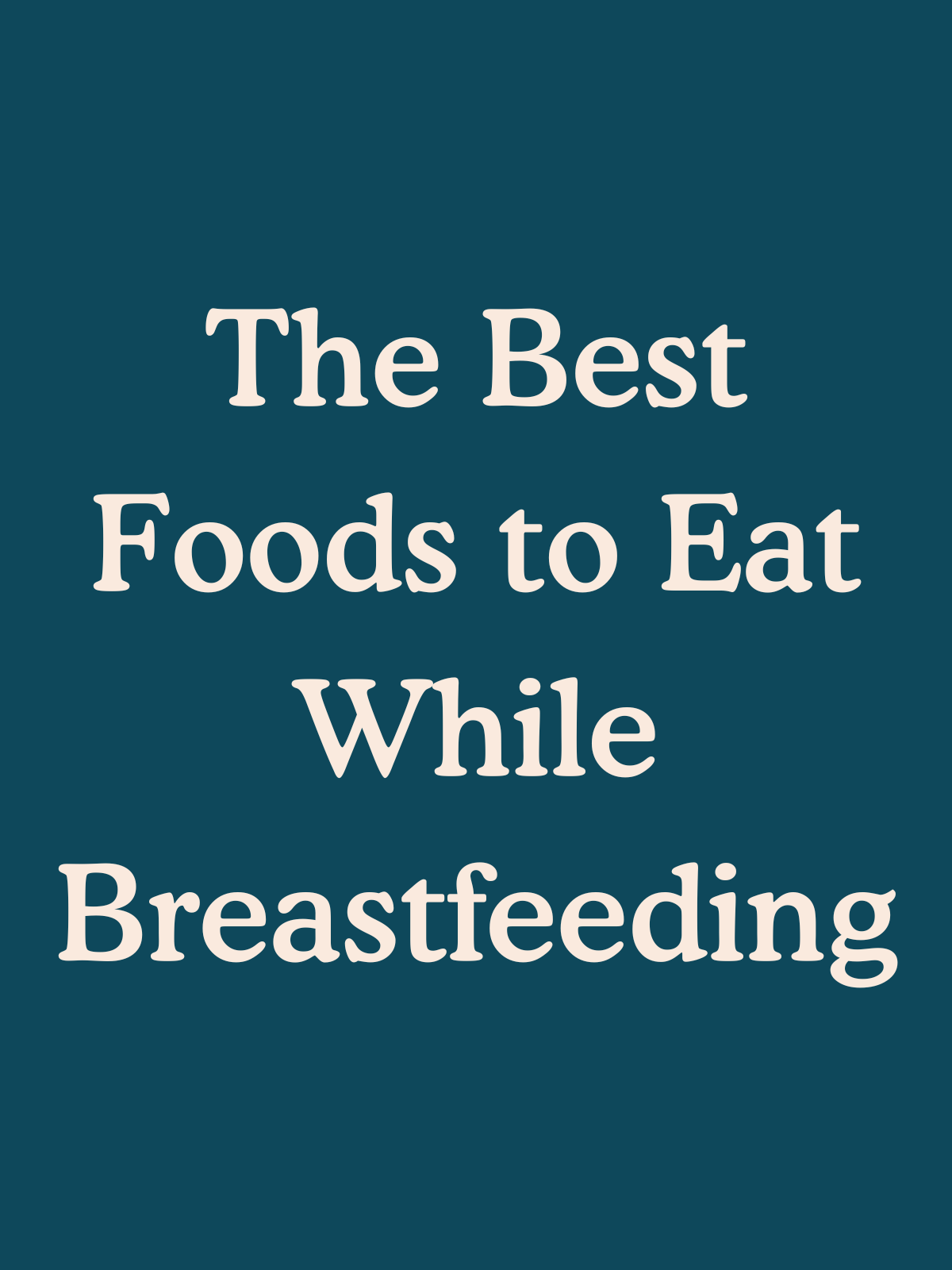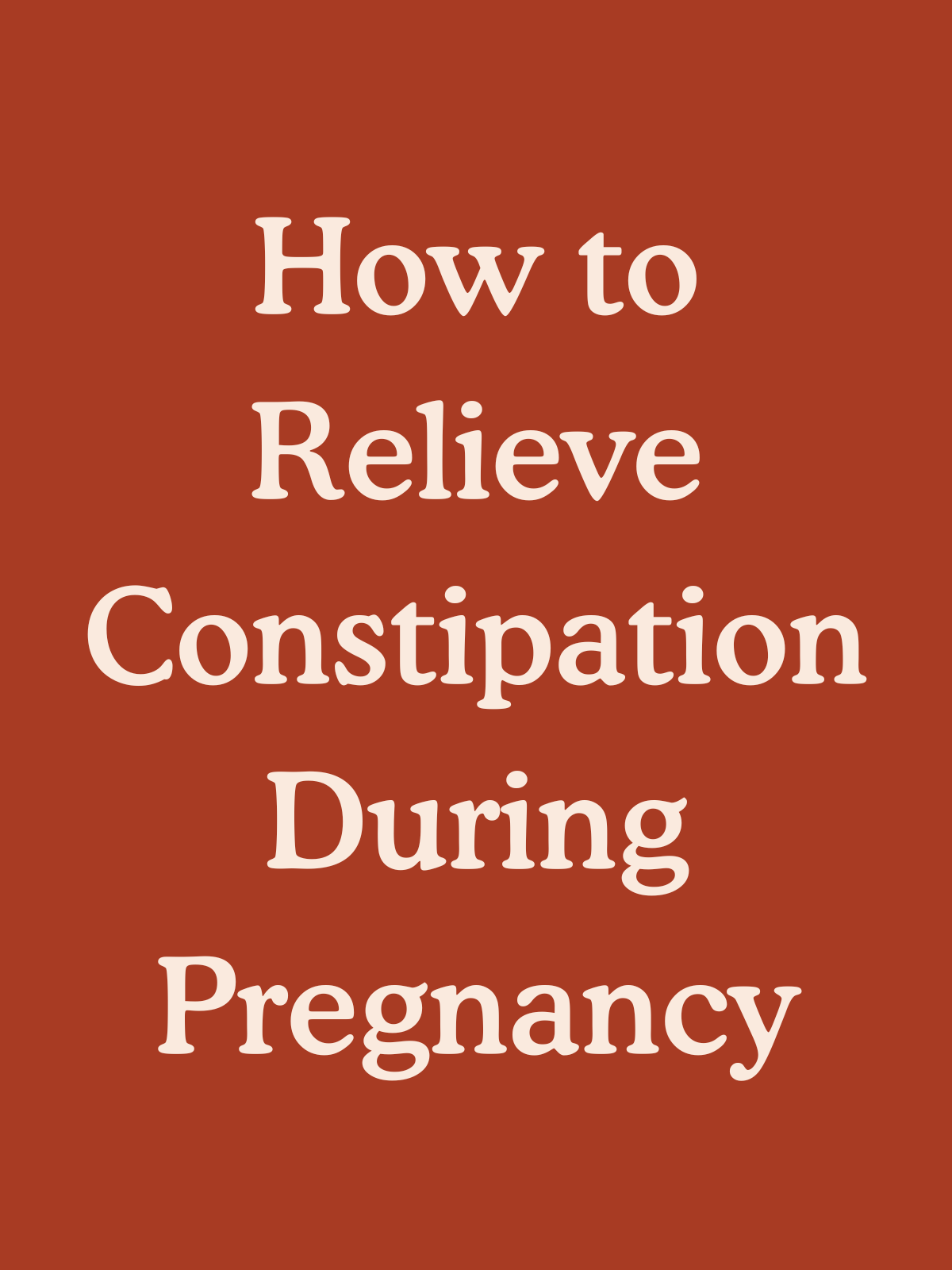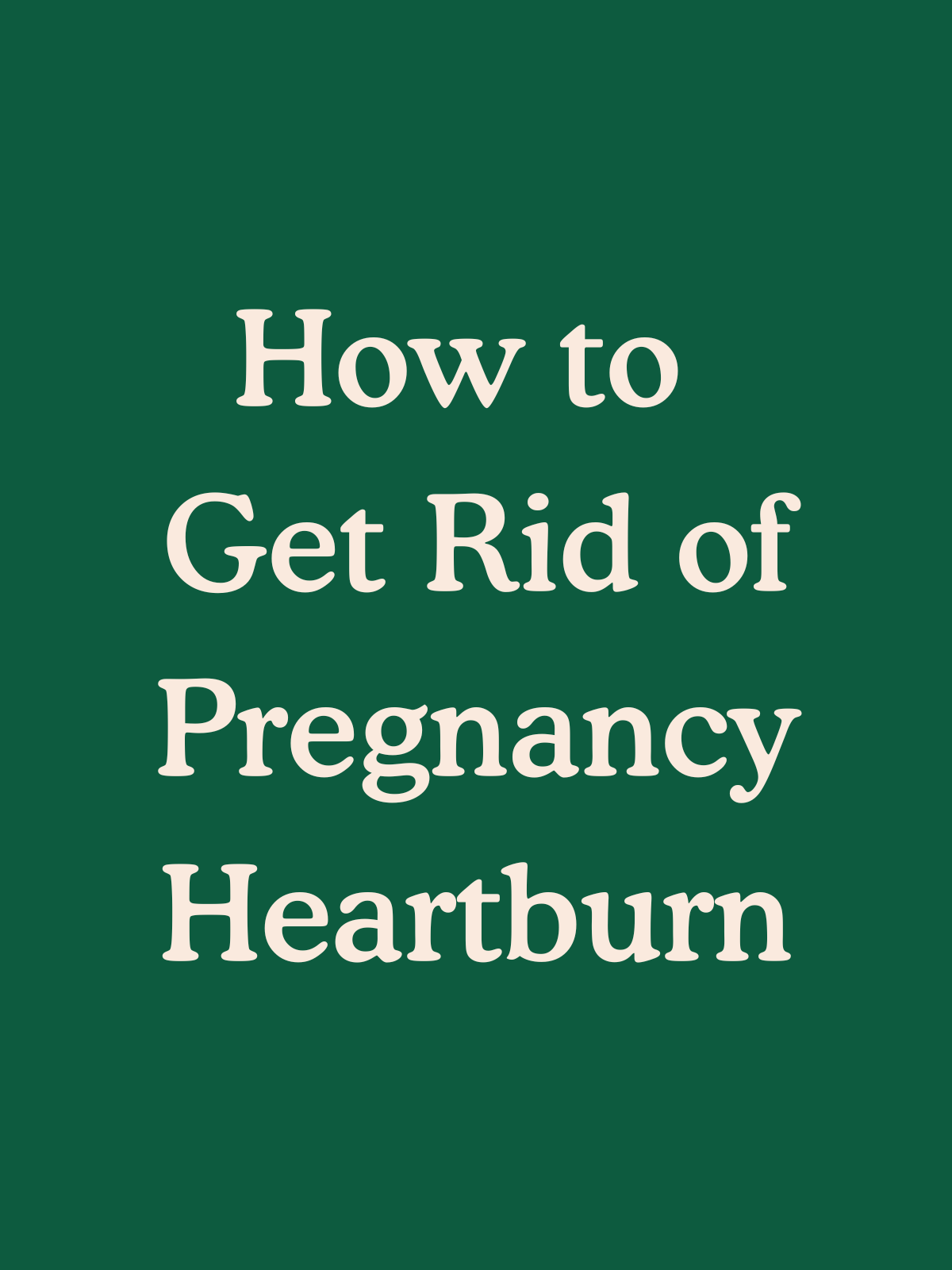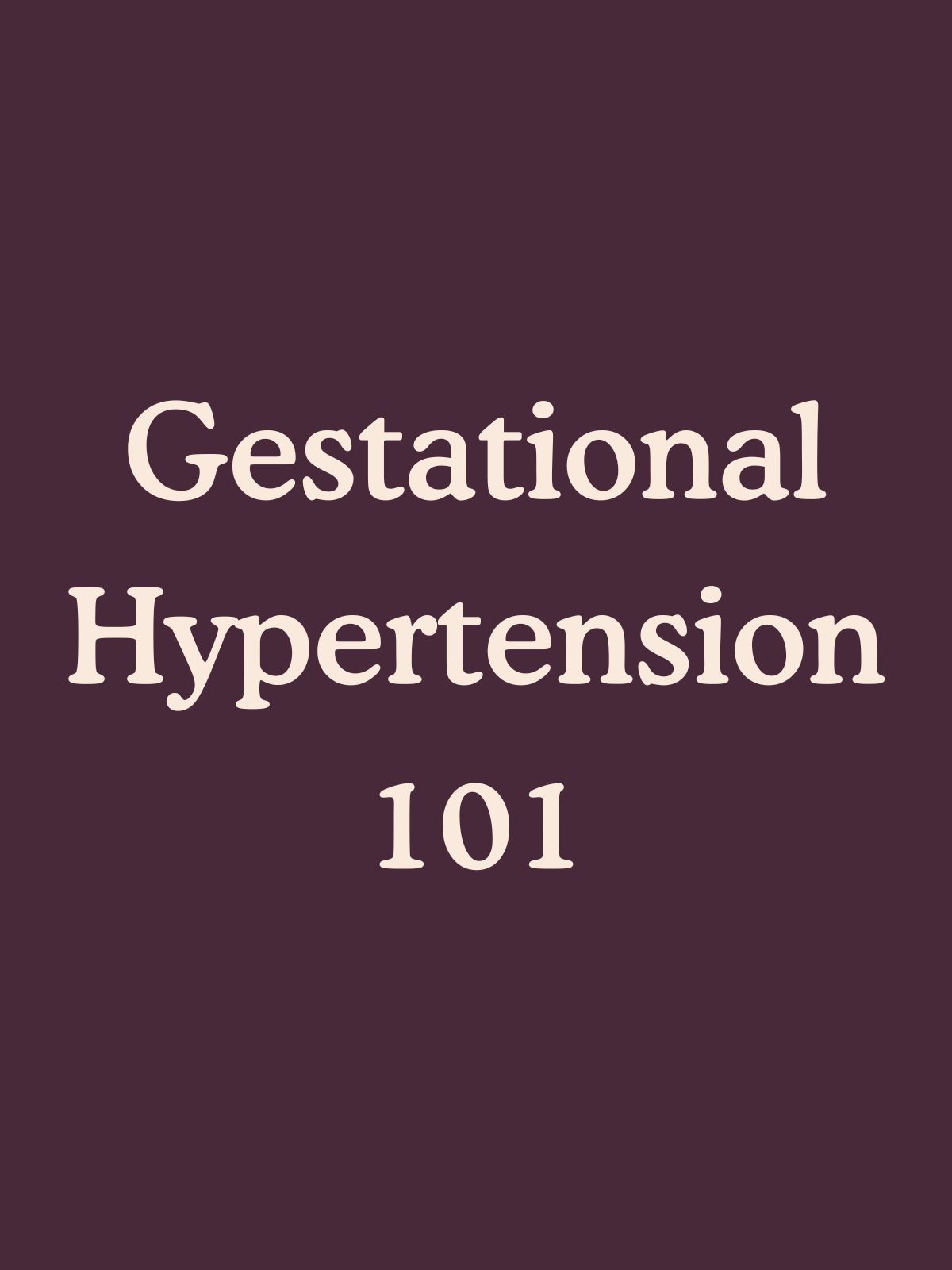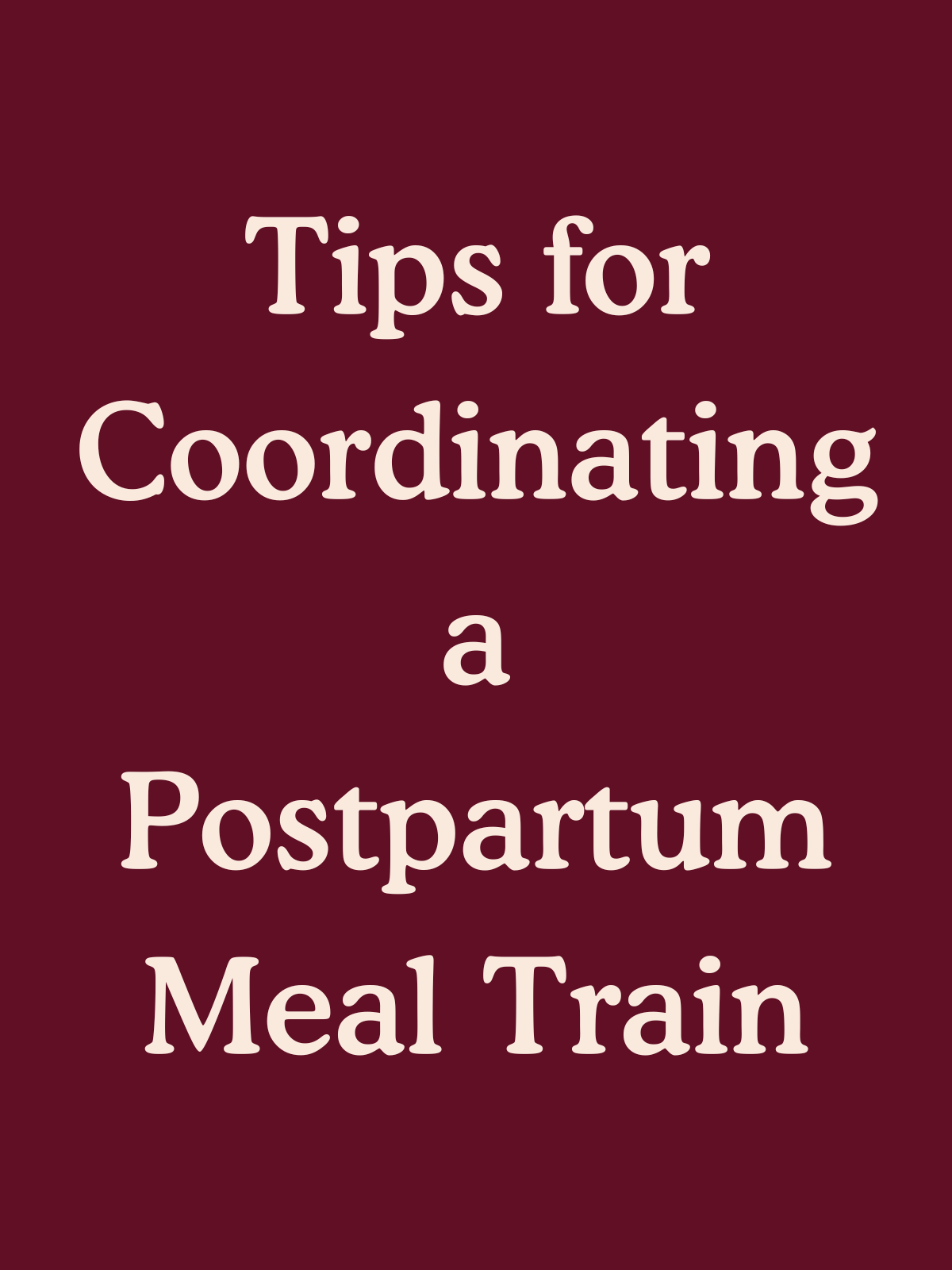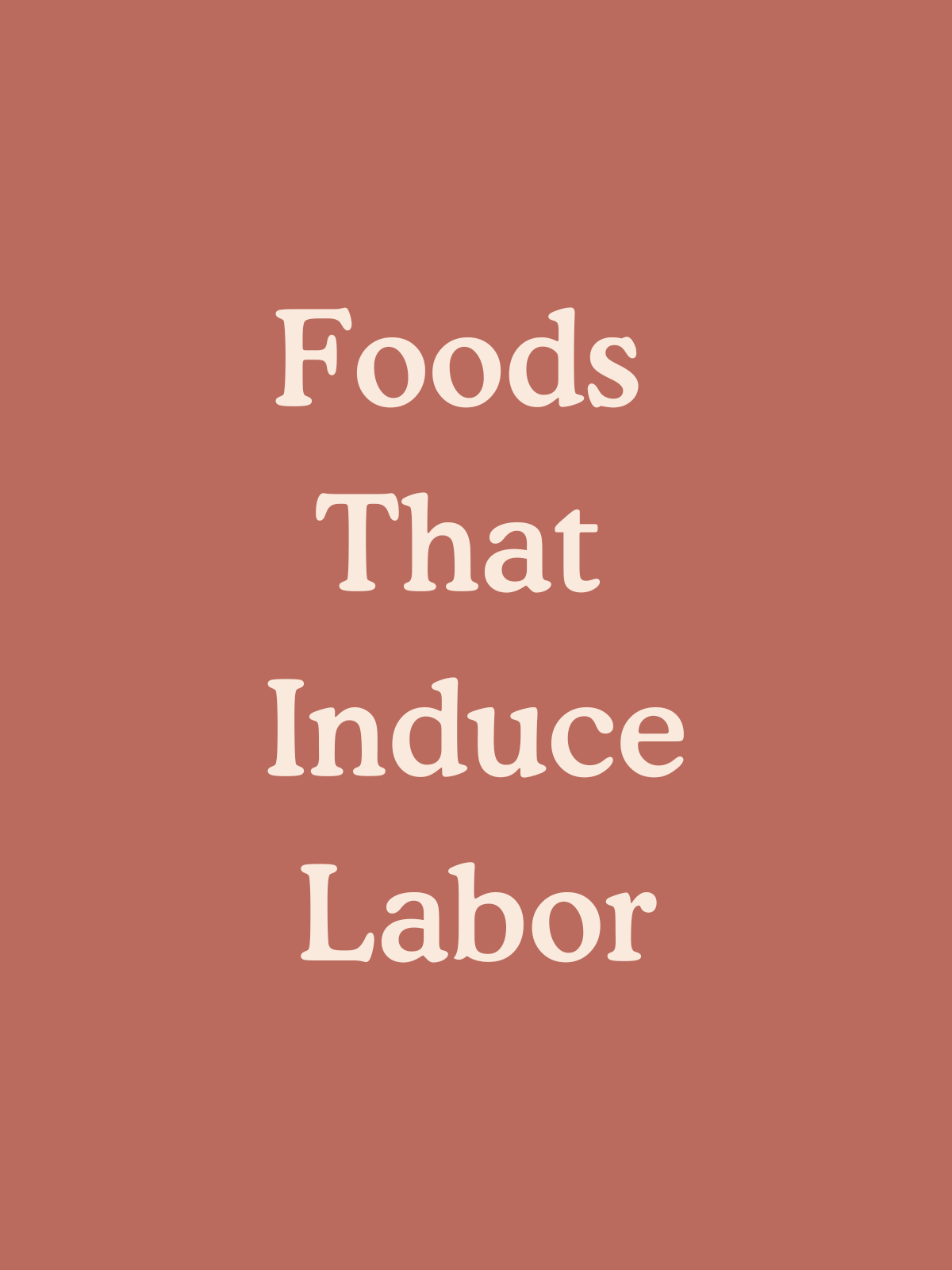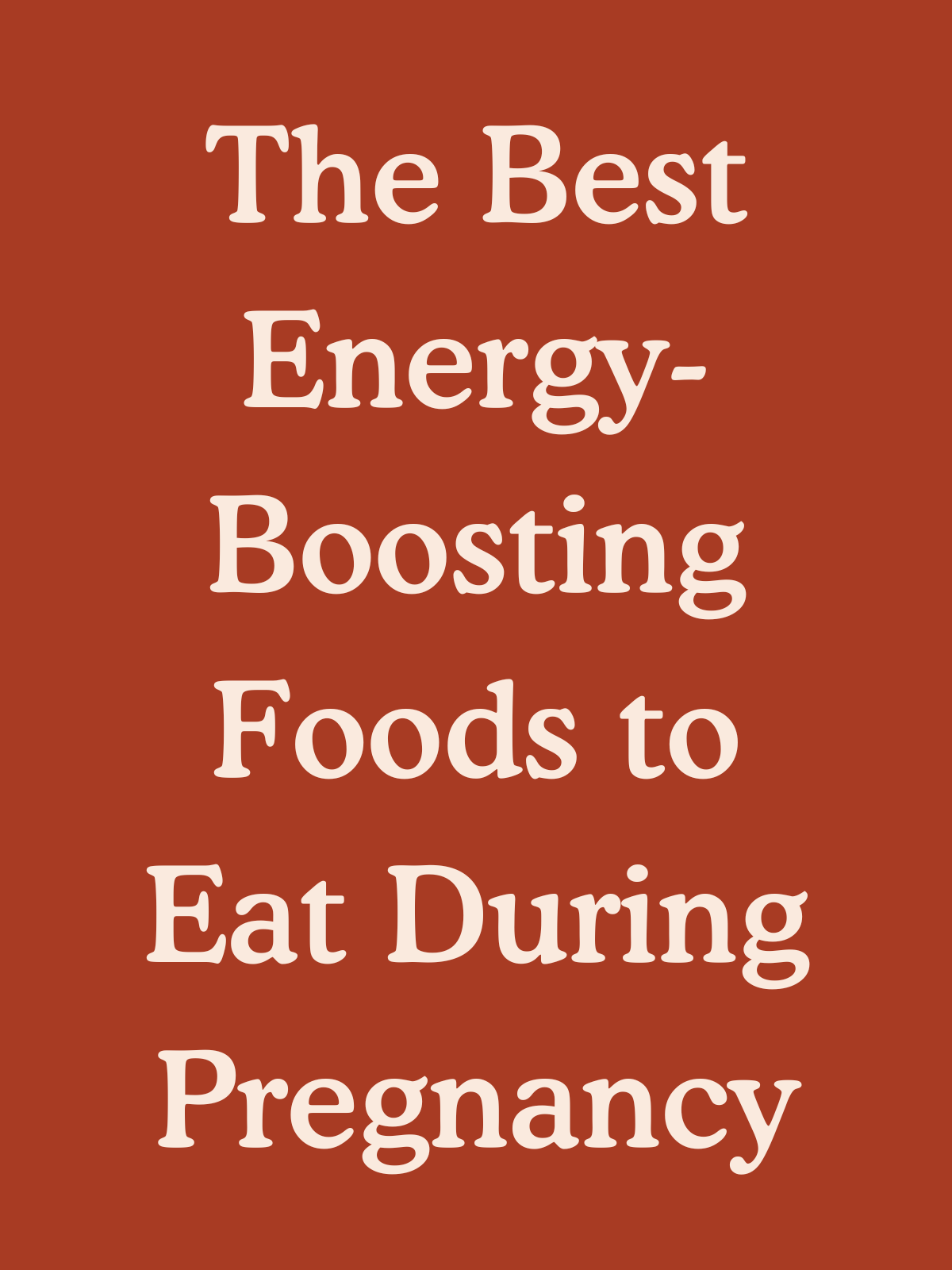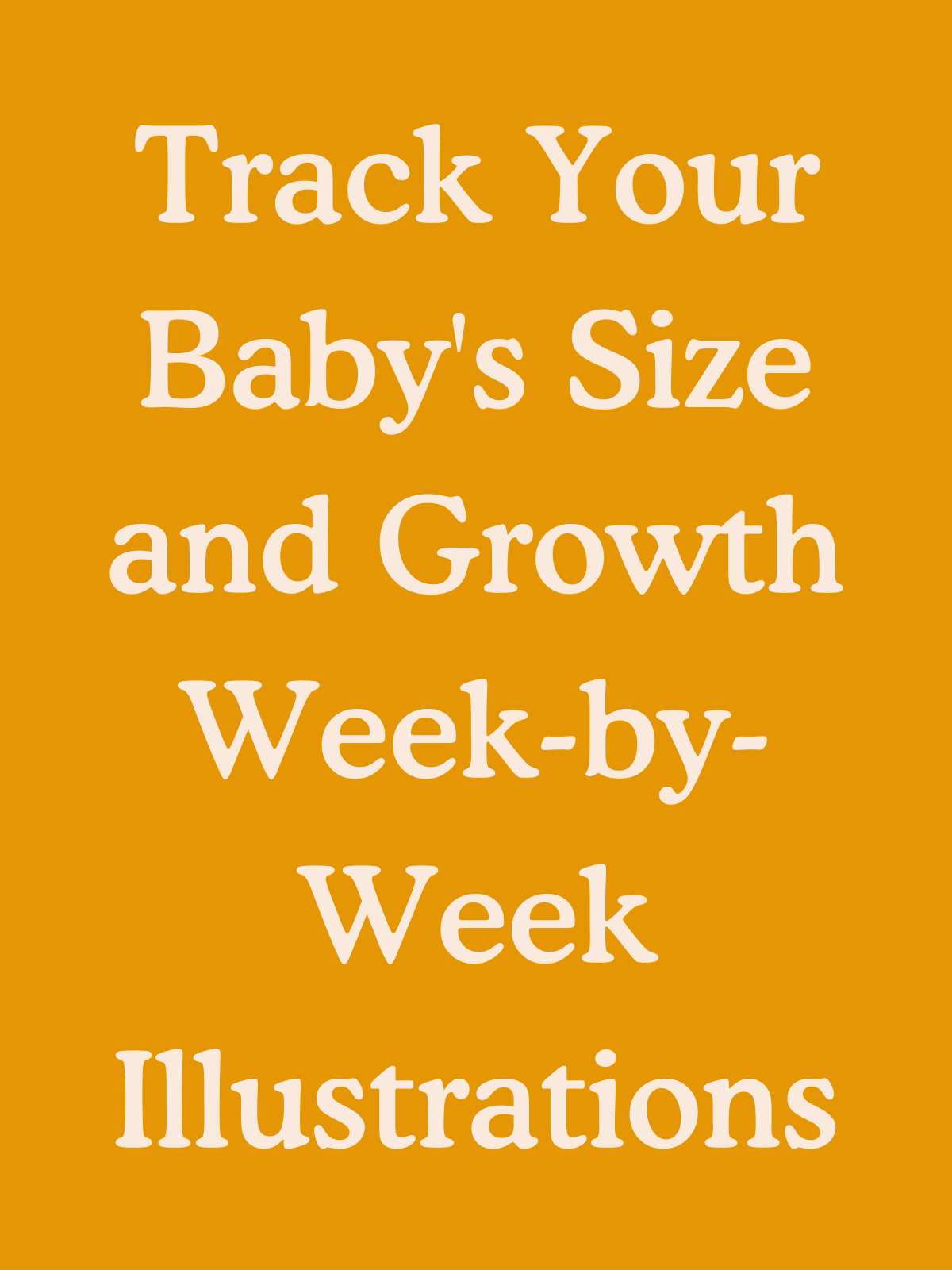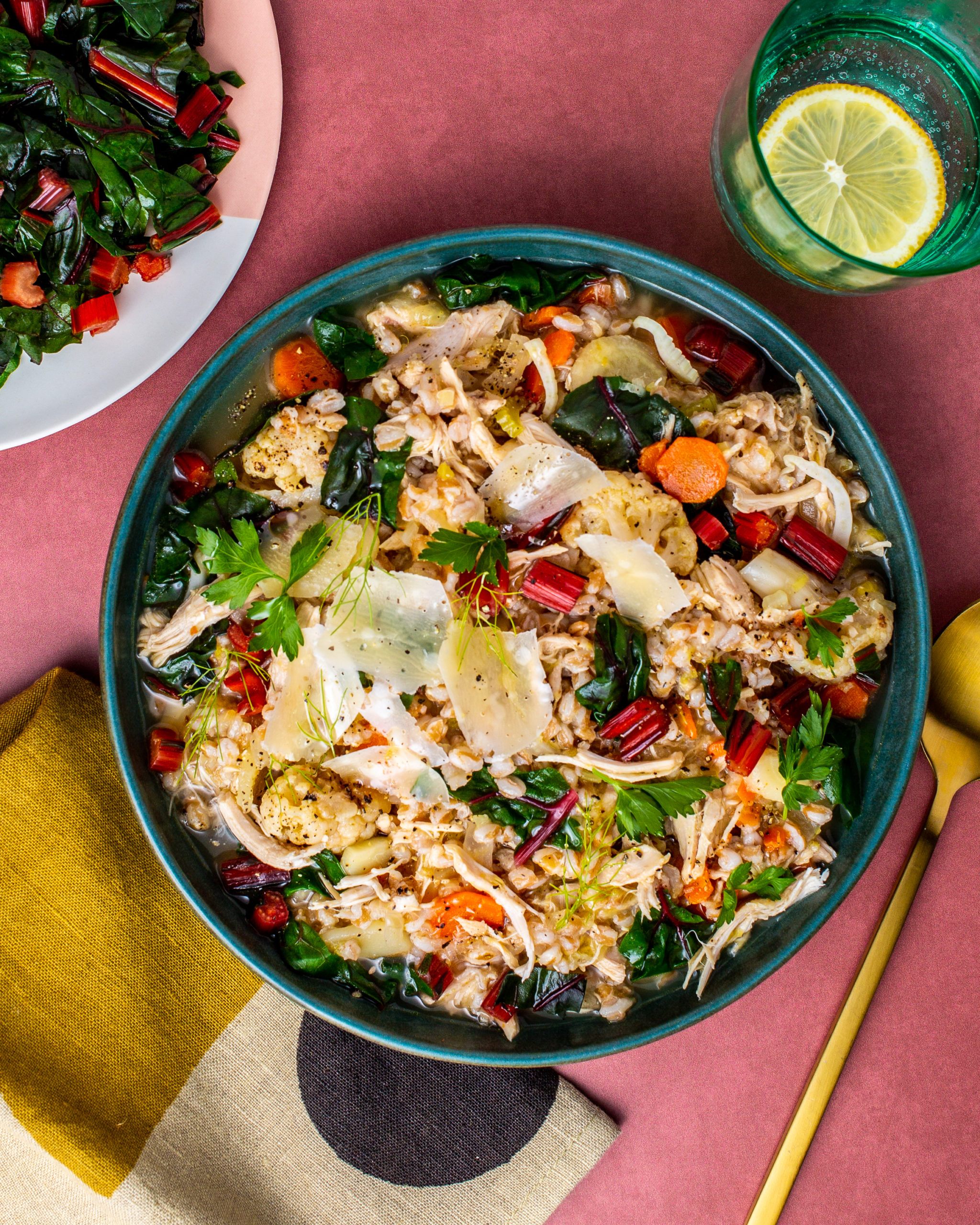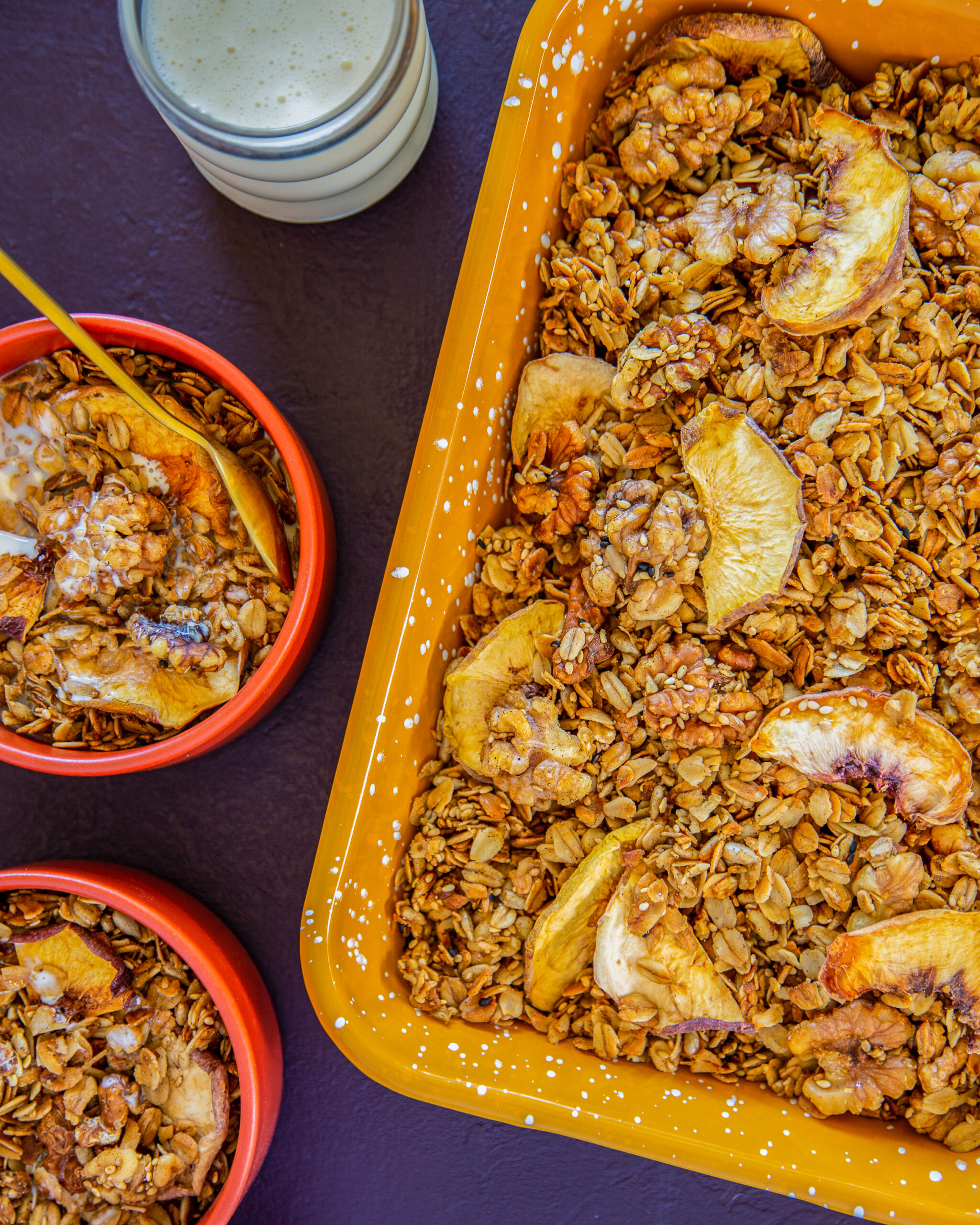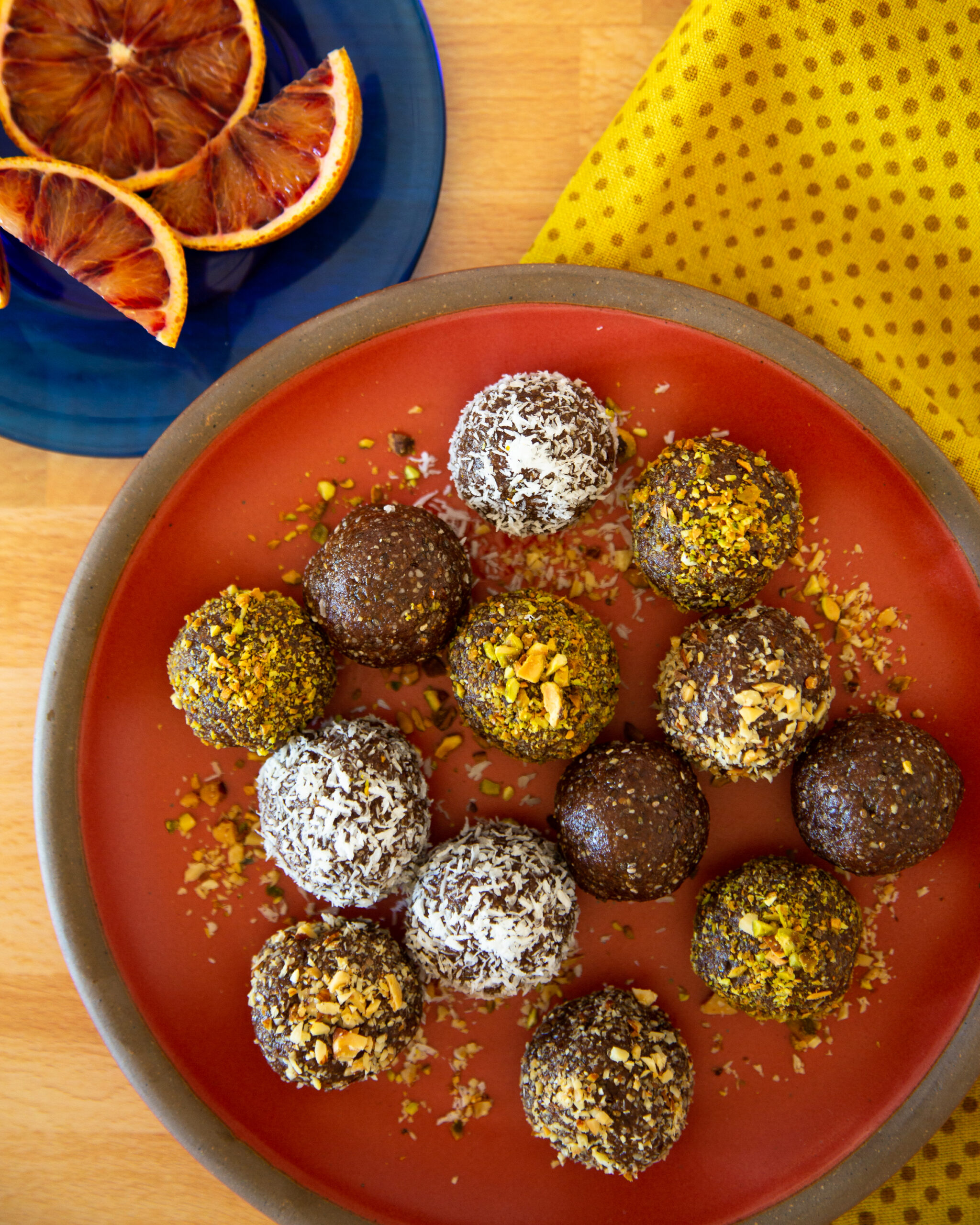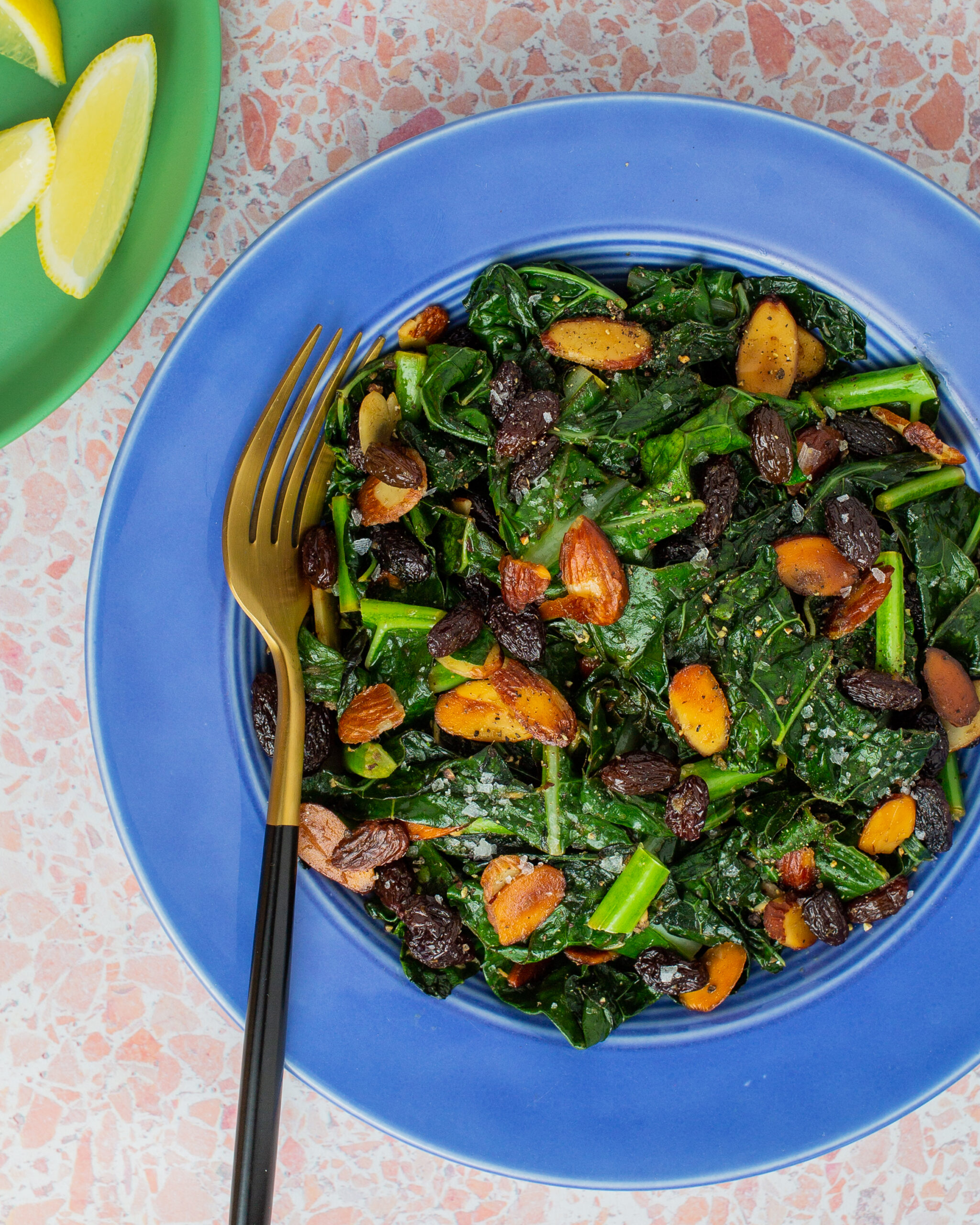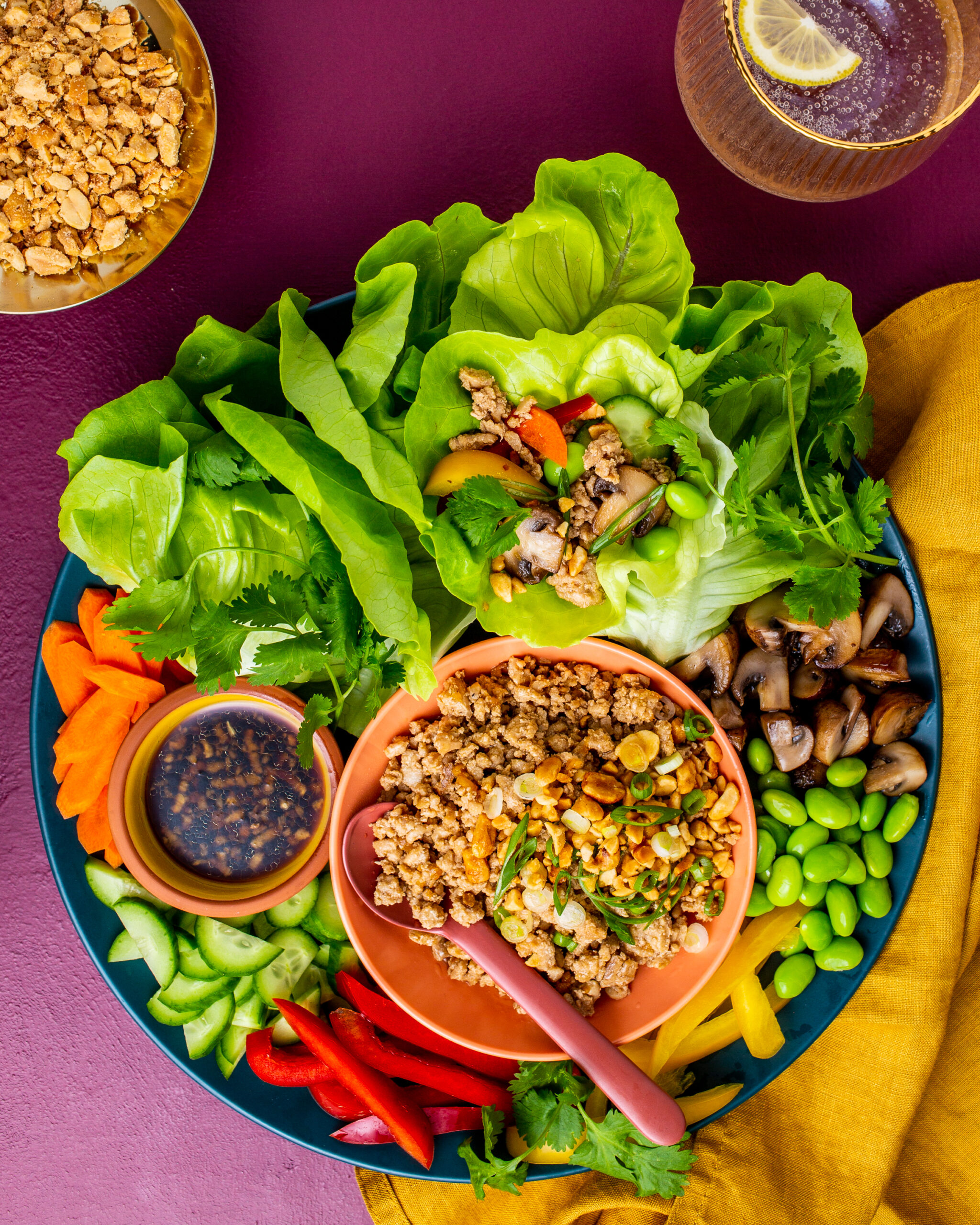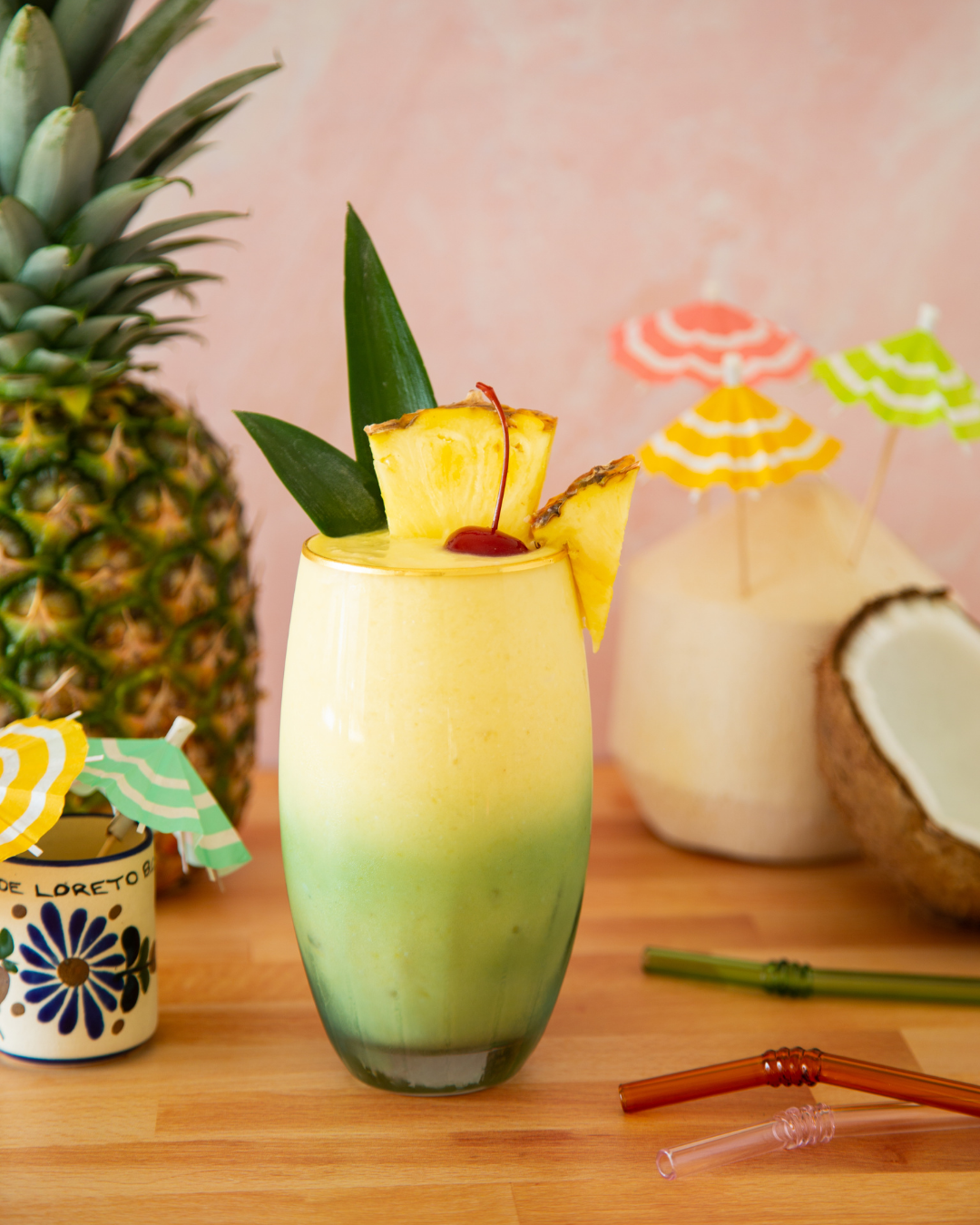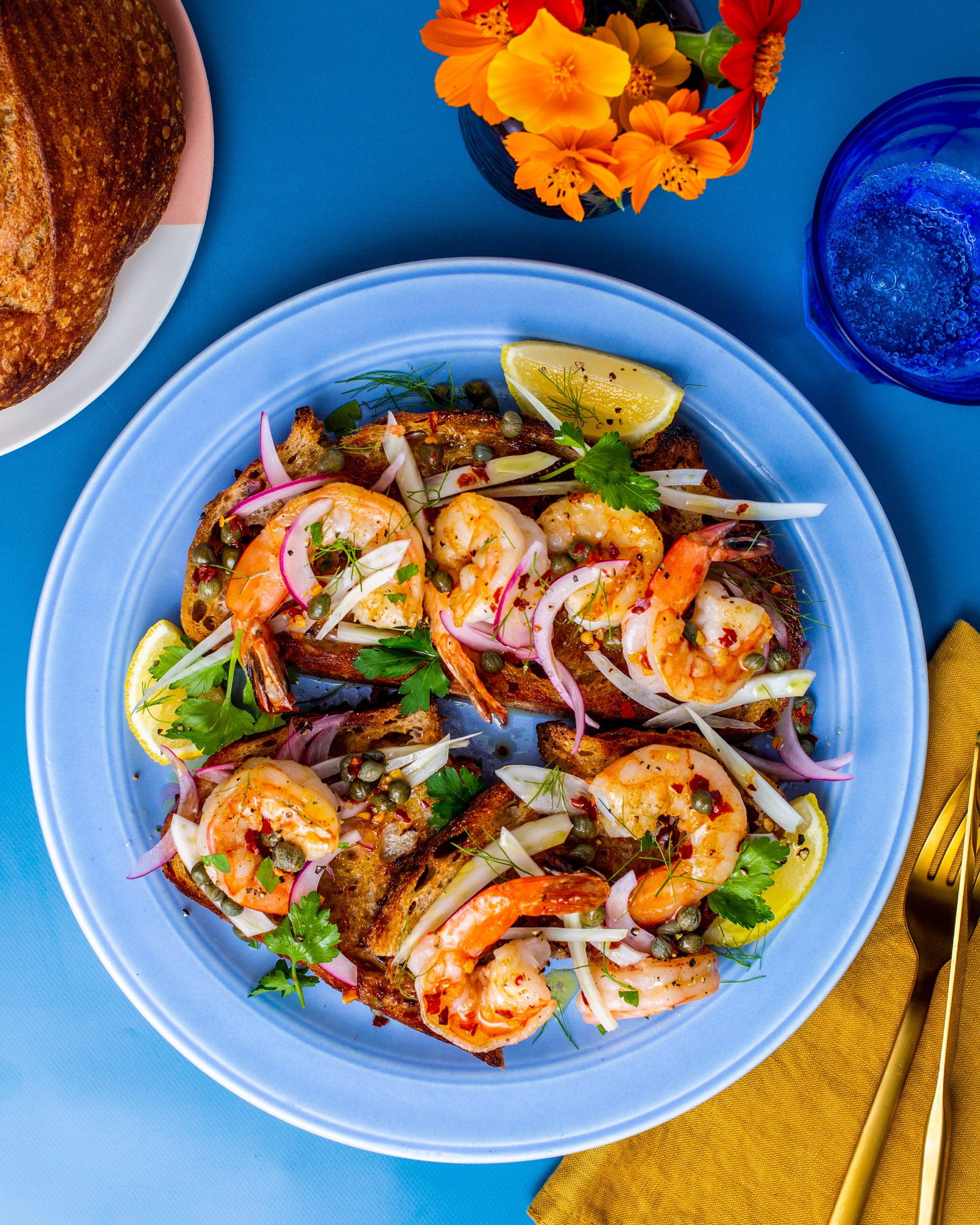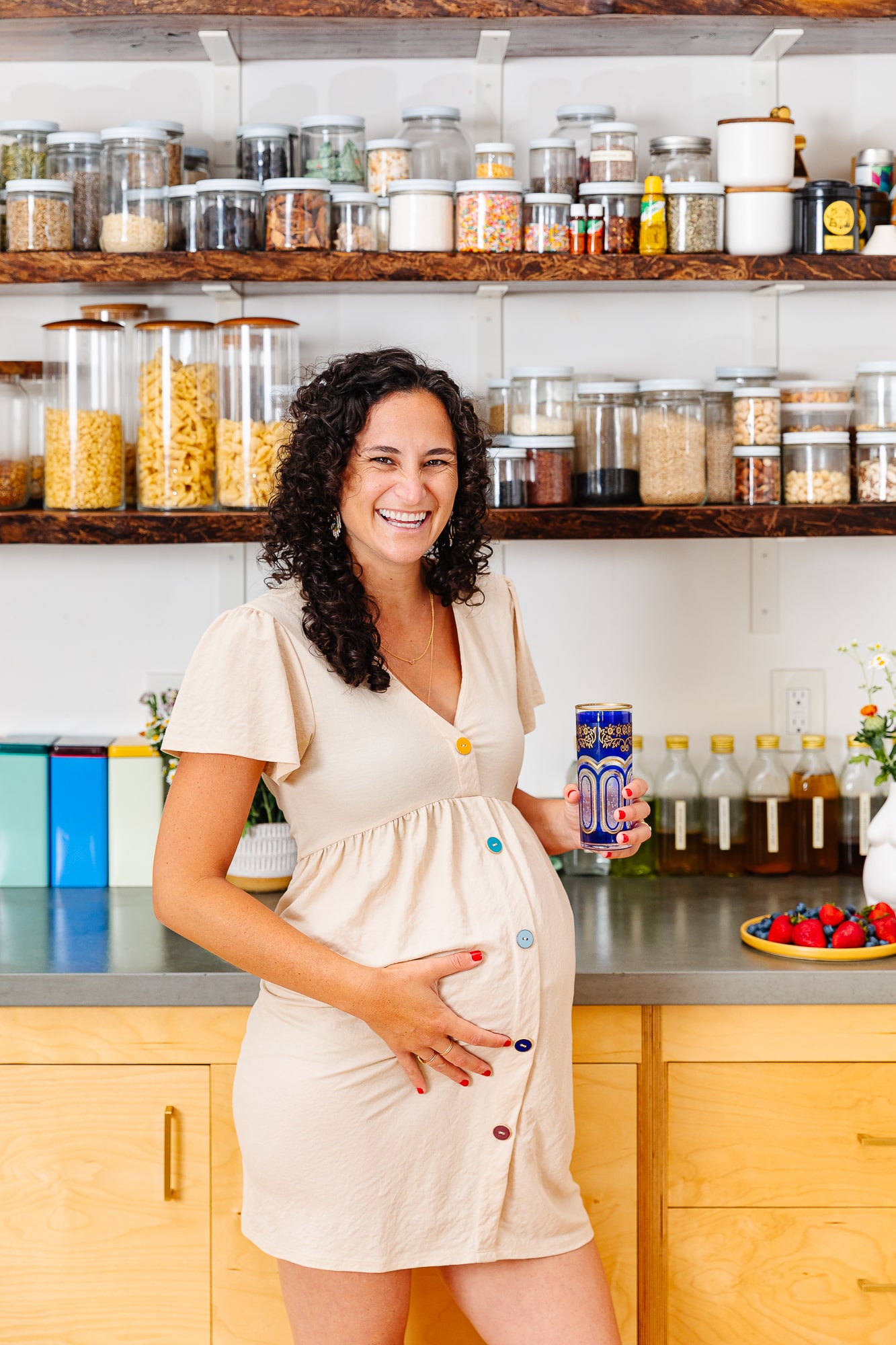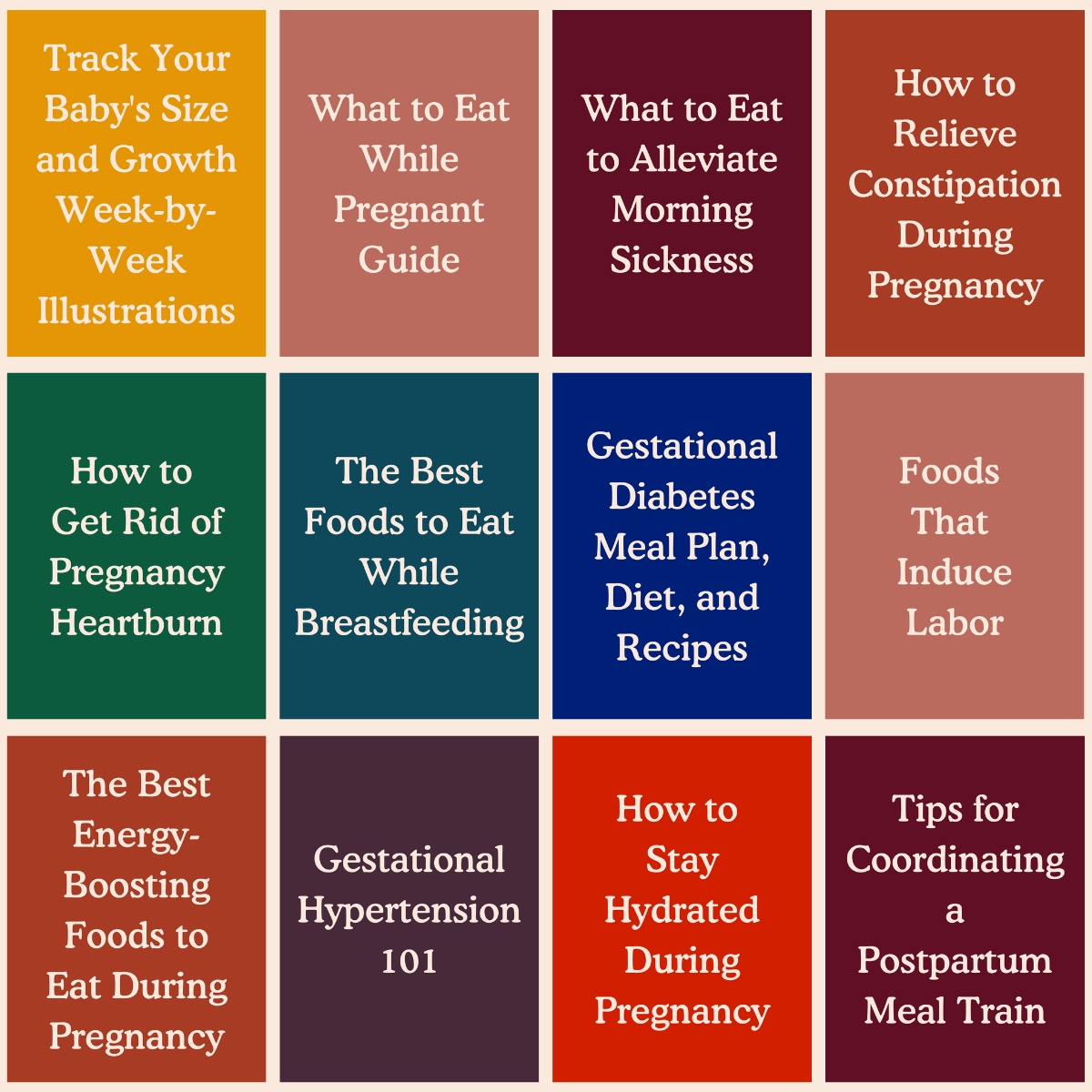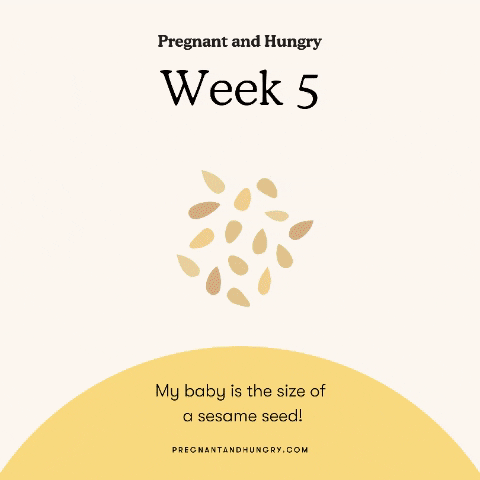Nutrition For Healthy Baby Brain Development: What To Eat While Pregnant
November 13, 2023
You want to give your baby the best start to life possible! One of the most effective ways to do this is to pay attention to your growing body’s nutritional needs and be intentional with what you eat. There are foods that are a must in a healthy pregnancy diet in order to support your baby’s brain development.
What Can Affect A Fetus Brain?
It’s not just what you consume that can have a positive impact on your baby’s brain growth, but also what you don’t consume.
Drinking alcohol not only increases the risk of miscarriage and premature birth, but it can also lead to later problems including learning and behavior issues, speech impediments, and difficulty managing emotions and developing social skills according to the NHS. So, taking all alcohol out of your lifestyle will be a huge benefit to your growing baby.
It’s also important to avoid smoking as the chemicals found in cigarettes and cigars, “…can lessen the amount of oxygen that your baby gets. This can slow your baby’s growth before birth and can damage your baby’s lungs and brain,” says March of Dimes.
What Week Is Most Important For Baby Brain Development?
From the first right up until the third trimester, your baby’s brain is developing in the womb. And, nurturing healthy brain development can start before you’re even pregnant! Folic acid (or folate) is one essential nutrient women can take to prepare for conception to get the earliest brain formation off to a good start. The CDC encourages all women of reproductive age to take 400 micrograms (mcg) of folic acid each day, in addition to consuming food rich in folate, to help prevent some major birth defects of the baby’s brain and spine.
Brain Development In The First Trimester
During weeks zero to 13, the precursor to your baby’s nervous system develops, the neural tube grows, and the rudimentary brain separates into three parts. “This neural tube, located along your baby’s back, is important to your baby’s brain and spinal cord development, which both develop from the neural tube,” explains Verywell Family.
Brain Development In The Second Trimester
It’s during this period that your baby’s brain starts directing breath, as well as swallowing and sucking actions. Their nervous system is developed enough that they can begin to hear noises outside of the womb.
“At 28 weeks, fetal brainwave activity features sleep cycles, including REM (the stage when dreaming occurs),” adds What To Expect.
Brain Development In The Third Trimester
This is the time when your baby’s brain develops the fastest! Their brain triples in size, develops grooves, and separates into right and left hemispheres. During this stage, pack your diet full of omega-3 fatty acids to support this development.
What Food Is Good For Baby Brain During Pregnancy?
There are a few pregnancy superfoods to support your baby’s brain development because of their content of folate, omega-3 fatty acids, B vitamins (6 and 12), and choline:
Eggs
Eggs pack a super nutritious punch! Not only are eggs a fantastic source of protein (essential for tissue growth and repair) but they’re also high in choline. Choline affects neural and motor development, and diets rich in choline are shown to have improved outcomes for newborn stress response as well as memory and cognitive development. “But to reap the benefits, you’ll have to eat the whole thing, since choline is contained in the yolk (so forget the egg-whites-only order),” advises The Bump.Tip: Boil a bunch of eggs and store them in the fridge. Peel them and eat them as is in the morning as part of a healthy breakfast, or slice them up and add them to salads.
More ways to get choline include halibut, parsley, beef, and chicken.
The yolks of eggs also contain vitamin B12, which plays a vital role in cellular division and central nervous system functioning.
Beef, chicken, tofu, feta cheese, and milk all contain vitamin B12, too.Avocado
Adding avocado to your salads and sandwiches is a good way to increase your intake of healthy fats and vitamin B6. Healthy fats provide a sustained source of energy to support both you and your growing baby. Vitamin B6 has also been known to reduce nausea, so add it to your meal plan especially if you’re struggling with morning sickness.
Other rich sources of vitamin B6 include bananas, chickpeas, beef, sweet potatoes, and oats.
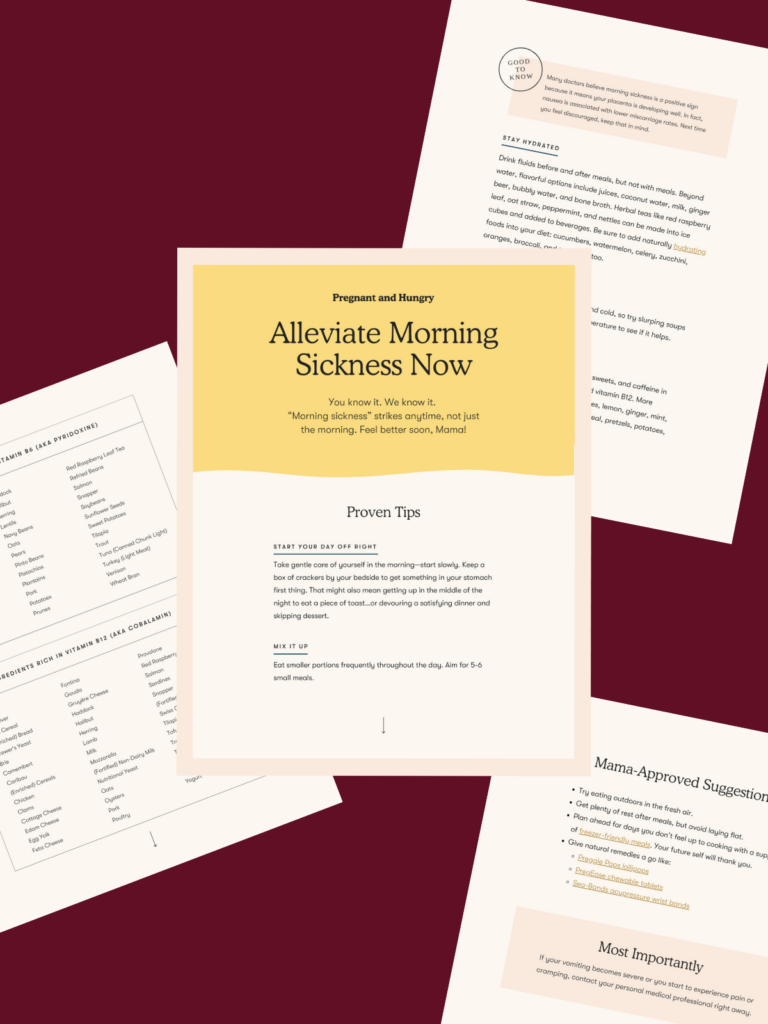
From how many meals to eat to which foods to skip, this guide’s got proven tips, helpful recommendations, and mama-approved suggestions to help ease your nausea when “morning sickness” strikes.
A peek inside:
- The best way to start your day off to avoid nausea
- Recommendations for ways to split up your meals
- Tricks for staying hydrated
- Foods to skip and ingredients to indulge in to fight off nausea
- Mama-approved suggestions that help with morning sickness and make life easier
Anchovies
The omega-3 DHA content is the main selling point of these little fish! This essential fatty acid supports the brain and visual development of your baby and potentially lowers the incidence of preterm birth and low birth weight.
Besides anchovies, you can also find omega-3 DHA in salmon, shrimp, halibut, and cod.
Lentils
This versatile legume is an absolute must for your pregnancy grocery list, especially in your first trimester! Lentils are high in folate as well as other essential nutrients for a healthy pregnancy. “Studies show that if all women consumed the recommended amount of folic acid before and during early pregnancy, up to 70% of all NTD [neural tube defects] could be prevented,” says Parents.
Other foods to include in meals due to their folate content include asparagus, avocado, black beans, and broccoli.
Add these recipes to your pregnancy meal plan to support your baby’s brain development:
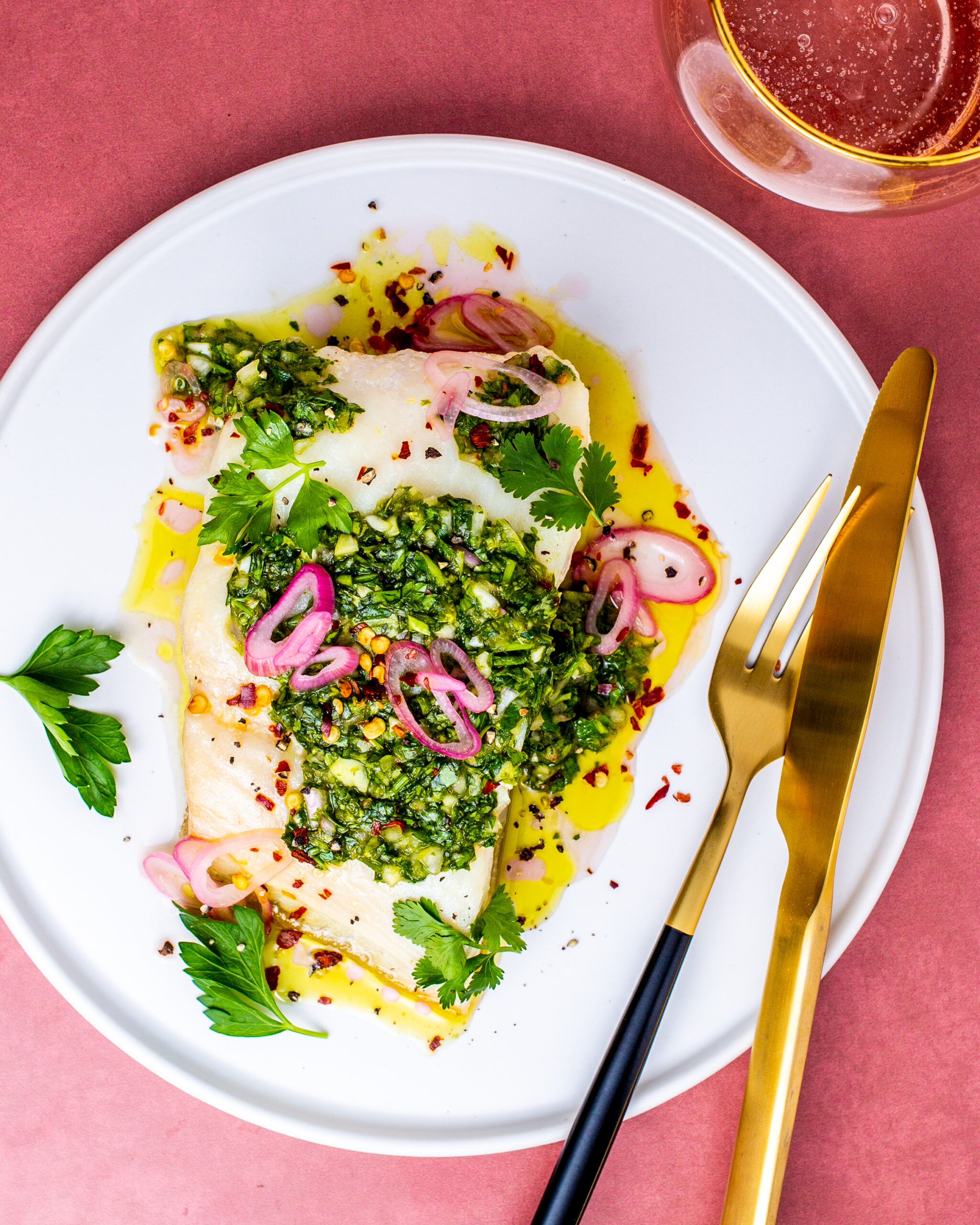
Bangin’ Baked Halibut with Chimichurri Sauce
Choosing halibut as a protein source is a great choice, as you’ll get doses of omega-3 fatty acids, choline, vitamin B6, and vitamin B12!
Halibut is also a lean source of protein, so this recipe is perfect to add to your recipe rotation if you’re experiencing high blood pressure.Get the full recipe here.
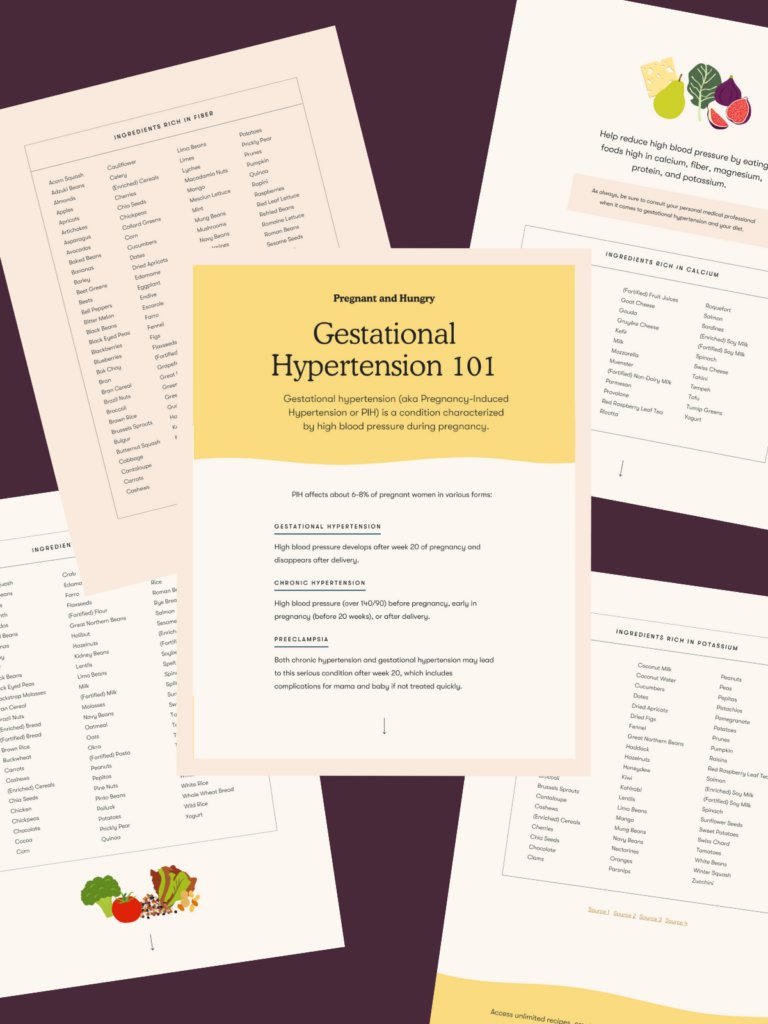
If you’re a mama who is experiencing high blood pressure during your pregnancy, we’ve created a guide just for you. Inside it, you’ll learn what gestational hypertension is, ways to control it, and which ingredients help reduce high blood pressure.
A peek inside:
- The difference between gestational hypertension and chronic hypertension
- Who’s most at risk
- Contributing factors that help control high blood pressure
- Lists of foods that are high in calcium, fiber, magnesium, protein, and potassium
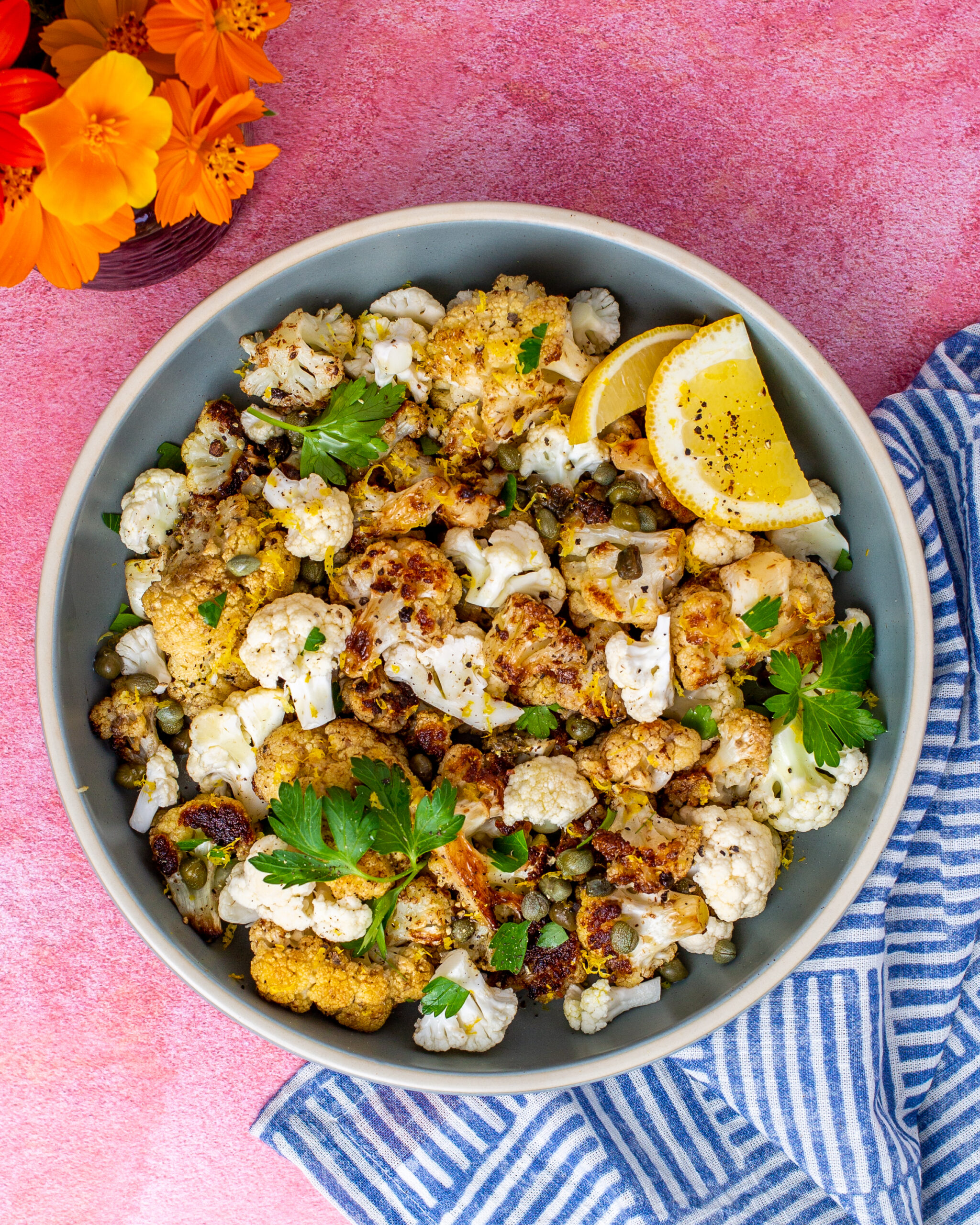
A Little R&R
This dish has a base of cauliflower with a dressing made from anchovies, capers, and extra virgin olive oil (an amazing source of healthy fats).
Not only will you get omega-3 DHA from the anchovies, but cauliflower is rich in fiber, a must to prevent constipation.
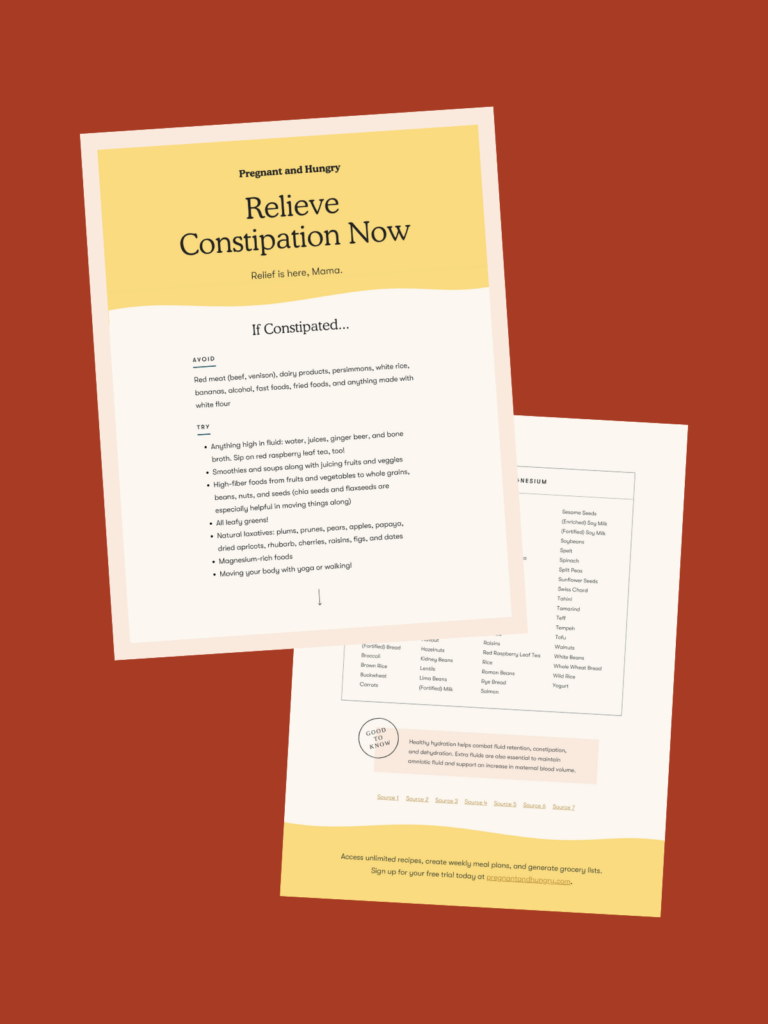
How to Relieve Constipation During Pregnancy
Dietary Remedies for Pregnancy Constipation Relief
Get the GuideConstipation can be a real pain in the butt. But luckily for you, we’ve got a whole resource that can help provide constipation relief during pregnancy. Download this guide to find out which foods will help get things moving along!
A peek inside:
- Which foods are best to avoid if you’re experiencing constipation
- Recommendations for activities to try and ingredients to buy
- A list of foods rich in magnesium (a mineral that helps relieve constipation!)
- The importance of staying hydrated
Don’t skimp on the parsley! Herbs add to the nutritional value of this salad as it’s high in choline, iron, and vitamin C.
Get the full recipe here.
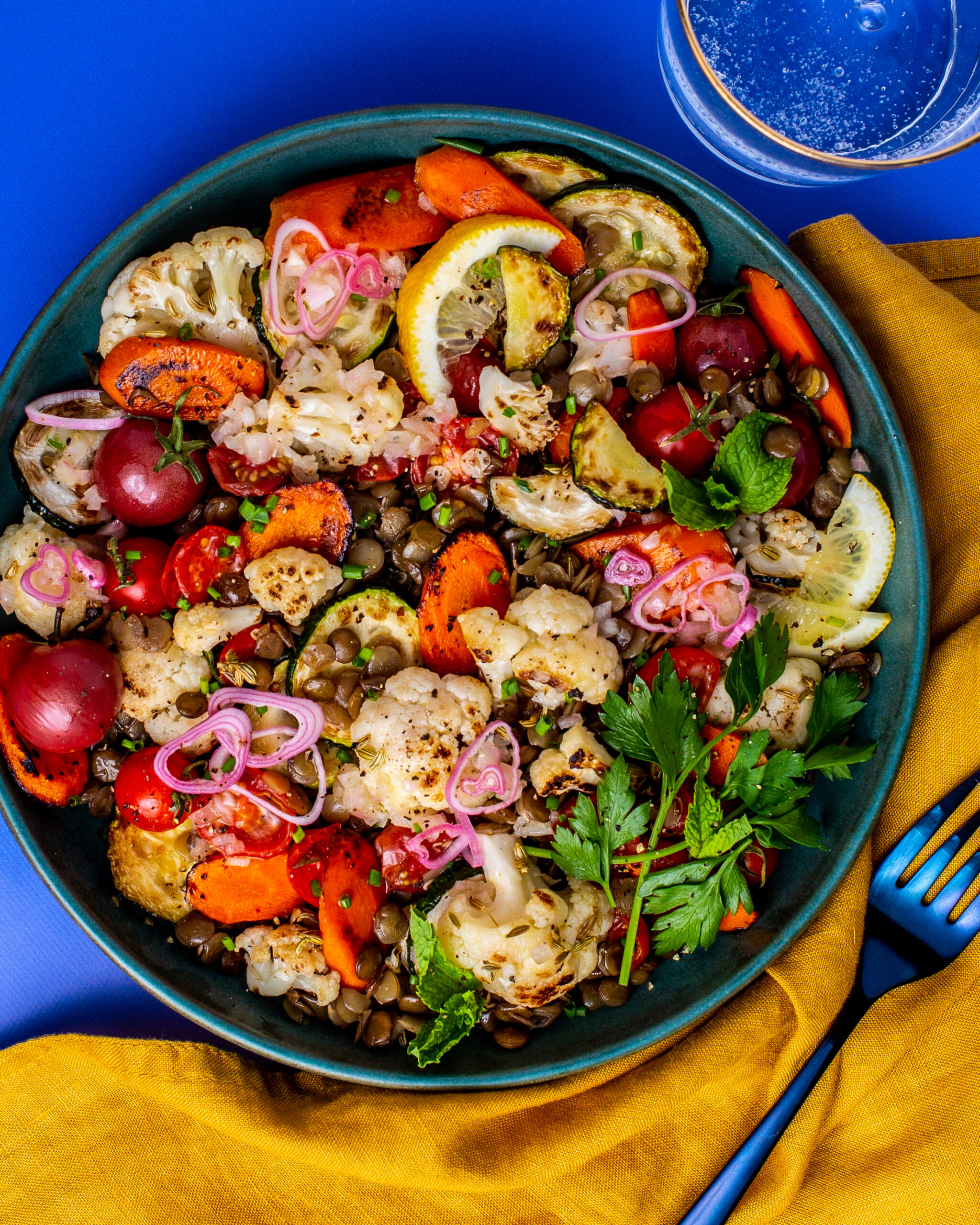
Lactogenic Roasted Veg and Lentil Salad
Cauliflower, tomatoes, carrots, zucchini—this salad is packed with nutrients from all of these veggies!This recipe also calls for green lentils. You’ll get folate from this legume, as well as niacin. Also known as vitamin B3, niacin plays a role in the healthy development of your baby’s brain and extracts fuel from food to give you energy.
Tip: Make a big batch and store the salad and vinaigrette separately for a healthy lunch the next day.
Get the full recipe here.
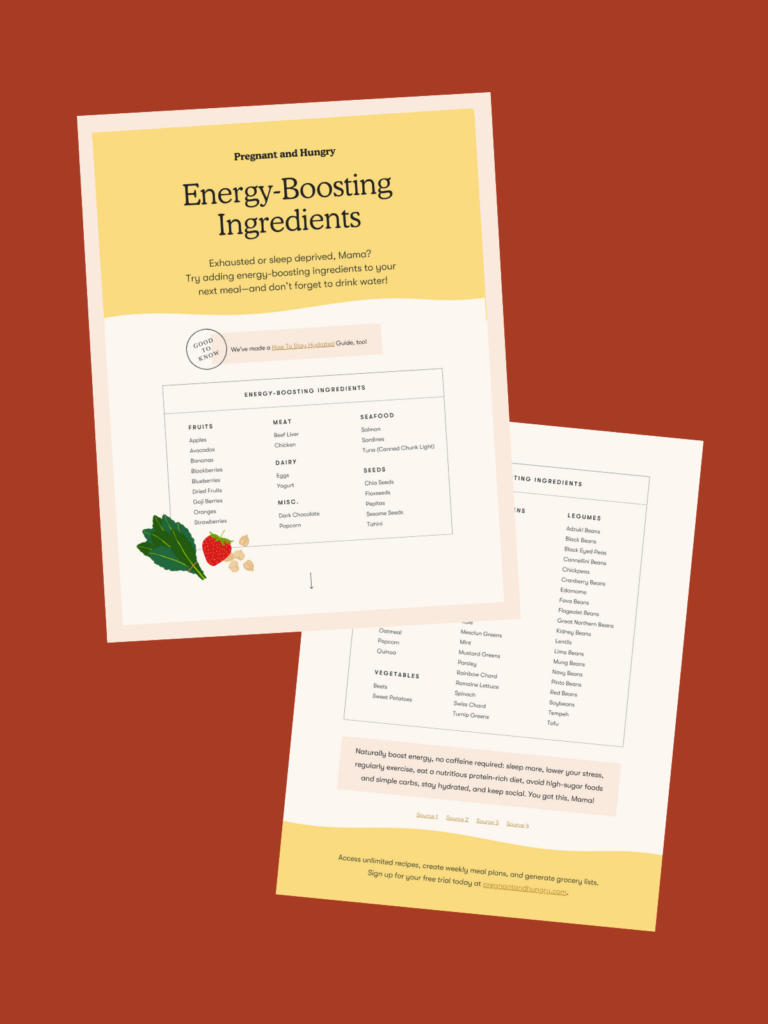
The Best Energy-Boosting Foods to Eat During Pregnancy
A List of Nutrient-Rich Foods for Expecting Moms
Get the GuideIt’s not uncommon to feel exhausted or sleep-deprived during your pregnancy and postpartum period (also known as the fourth trimester). So, if you’re ready to add some energy-boosting ingredients to your daily meals, you’ll find this guide has exactly what you’ve been craving.
A peek inside:
- Energy-boosting fruits
- Vivacious vegetables
- Packed proteins: meat, seafood, dairy
- Supercharged seeds and nuts
- Life-giving leafy greens, legumes, and grains
- A few tips for other ways to naturally boost your energy that don’t include caffeine
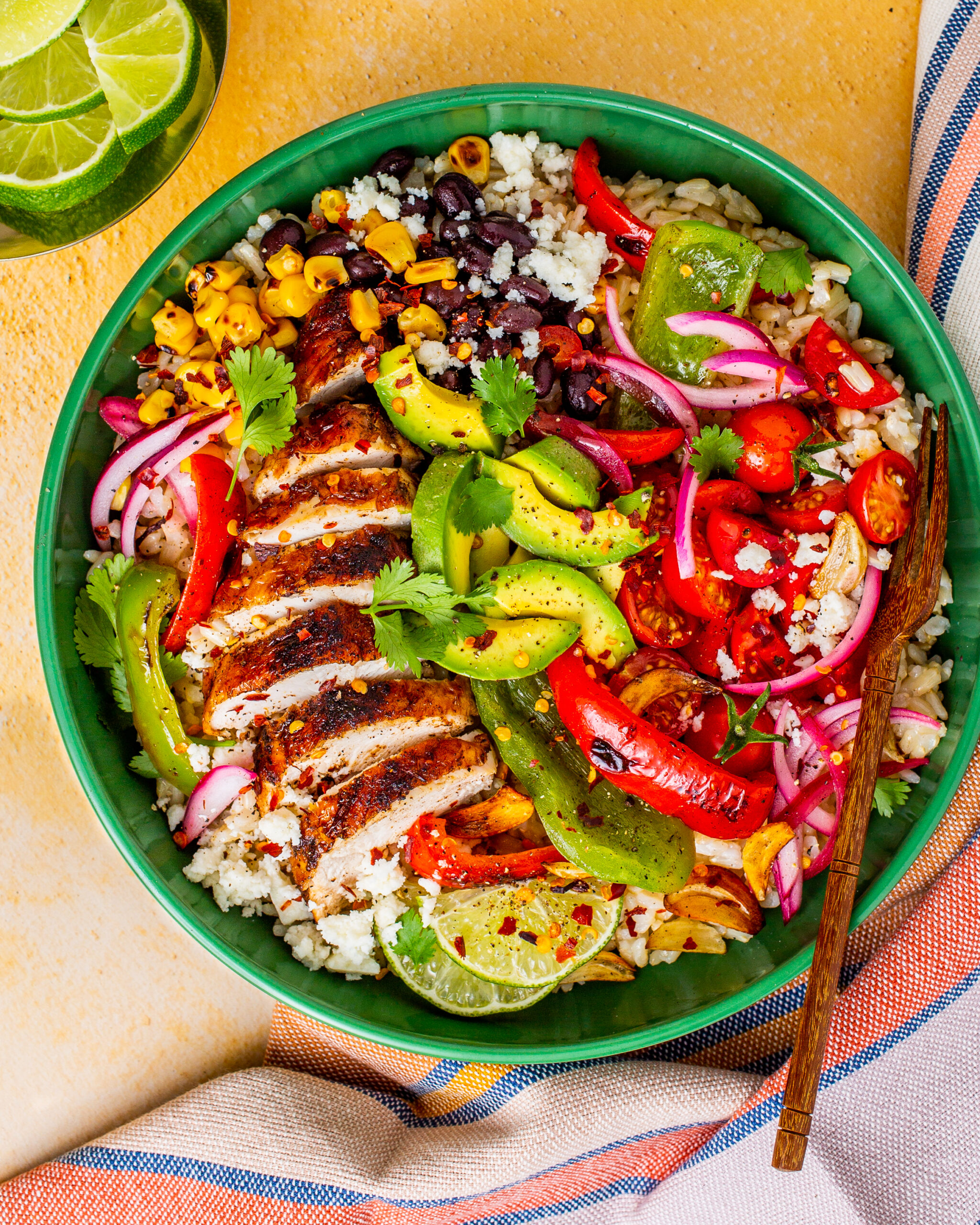
Spice Up Your Life Chicken Fajita Bowls
This fajita bowl checks so many boxes for a healthy pregnancy dinner!
Chicken is rich in vitamins B3, B6, and B12, as well as choline—all important for your baby’s brain development.Plus, you’ll get the folate that you need from the avocado.
This recipe also calls for black beans, an ingredient high in iron. The vitamin C from the bell peppers and lime will help your body absorb this essential nutrient.
Get the full recipe here.
What you eat matters, Mama! Being intentional with your diet can go a long way in ensuring a healthy pregnancy, delivery, and baby!
Subscribe to Pregnant and Hungry for more delicious pregnancy-safe recipes! When you sign up you’ll get access to unlimited recipes; you can save favorites to your personal dashboard, create custom weekly meal plans, and more! All this for just $9 a month.